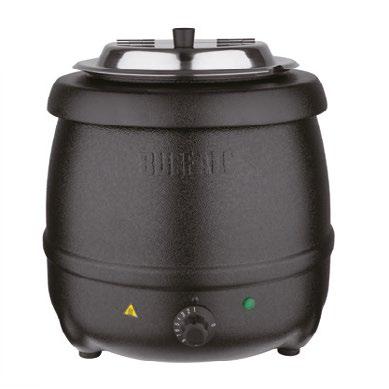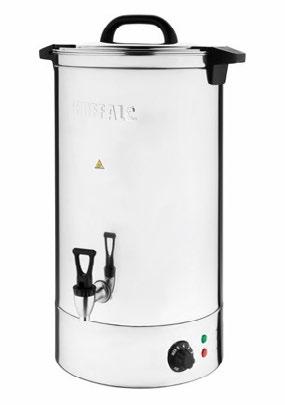Foodsight
Care Edition

Issue 20, Autumn 2025
Evolving care home menus: fresh ideas for the year ahead
Authorised Buying Lists: your guide to safer choices
Biodiversity & the food chain: why it matters to care groups



Issue 20, Autumn 2025
Evolving care home menus: fresh ideas for the year ahead
Authorised Buying Lists: your guide to safer choices
Biodiversity & the food chain: why it matters to care groups

A distinctly autumnal feel is in the air as we welcome you to this, the latest edition of Foodsight.
Perhaps you took the opportunity to switch off over the summer. But as you tune back in to day-to-day life, the headlines about food inflation may well have already grabbed your attention. For example, in August the Times published: ‘UK food price inflation jumps to 17-month high’.
In this publication, we dive into inflationary impacts and explore forecasts and commodity movements. Not everything is on an upward trend and there are some ingredients that it may well be wise to consider using as an alternative to those feeling a greater impact of sharp or ongoing increases. You can find a great deal of detail about this, and about produce availability, on pages 5 to 11.
September is normally one of the two annual windows when supplier price increases come in. But allmanhall’s team of expert CIPS-qualified buyers have been proactively negotiating and working hard over the summer to stave off the proposals until October. This delay will benefit care groups up and down the country, as the usual seasonal price increases won’t be felt by allmanhall clients quite yet.
This theme of responding in an informed and agile way to create positive outcomes is one that you’ll notice throughout this edition of Foodsight. From the financial as well as environmental benefits of more sustainable alternatives on your care group’s menus, to keeping abreast of trends such as ‘conscious eating’. And from respecting the ingredient to fully understanding the role of allergen management tools and access to nutrition training… as you read on you will encounter opportunities to do things that are good for your residents and for the planet, all the while helping to make your care environment’s food spend go further. It needn’t be a trade-off.
We’re proud to share that allmanhall has been named winner of the Care and Nutrition category at the Care Sector Supplier Awards 2025. This recognition


reflects our commitment to a thoughtful, expertled approach to nutrition and catering in the care sector. Most importantly, it reinforces the value we strive to deliver every day for our clients, who benefit from our dedicated dietetic support and evidence-based guidance.
Hot off the press, allmanhall have been awarded Best Sustainable Food Procurement Solution for the 5th year running. Perhaps unsurprisingly then, in this edition you’ll find a number of articles and reports focussing on sustainable and responsible solutions, to act as guidance for the year ahead.
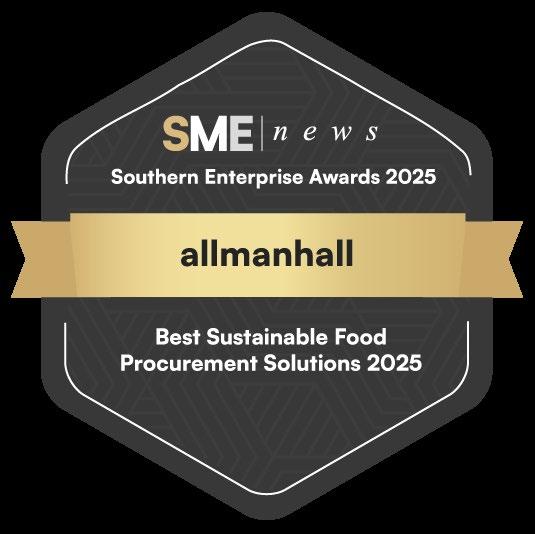
Before you read on, please allow us to welcome all those joining our growing client community of care groups this year. There are a great number, and we cannot wait to support each and every one!
We also thank those of you who have been with us for longer. This trust in us is both humbling and rewarding, as were the recent kind words from a client, Simon Samuel, as he moved on from Lilian Faithfull Care in July: “allmanhall have been such a breath of fresh air and excellence, a joy to work with”.
When it comes to the coming months, we’re looking forward to attending the NACC Training & Development Forum in Nottingham on 1–2 October. It’s always a great opportunity to connect with others in the sector, share ideas, and stay informed on the latest in care catering. If you’re going, do come and say hello!
As part of the NACC’s ongoing development programme, on 23 October allmanhall’s Rachael Venditti and Tess Warnes will deliver a fascinating webinar, sharing key considerations for delivering healthier, more sustainable food in care environments – click here to book.
There is so much going on in the run up to the festive period - see page 52 for more on that! For your peace of mind, we are here to support you and your teams, to deliver ongoing sustainable value.
The whole team at allmanhall would like to wish you and your care community a fruitful Autumn.
All the best,

- Jo Hall, Co-owner, Development & Marketing Director



Commodity updates & heatmap
Food trends shaping 2025 and beyond
British Food Fortnight celebrates seasonality
Award-winning care sector supplier
Authorised Buying Lists - what you need to know
Insights and training from our Registered Dietitian
Savings and scalable solutions with award-winning support
The vital importance of hydration
Biodiversity’s impact on food supply and prices
Transparent and responsible food supply
Residents’ memories create unforgettable recipes
Planning ahead for Christmas


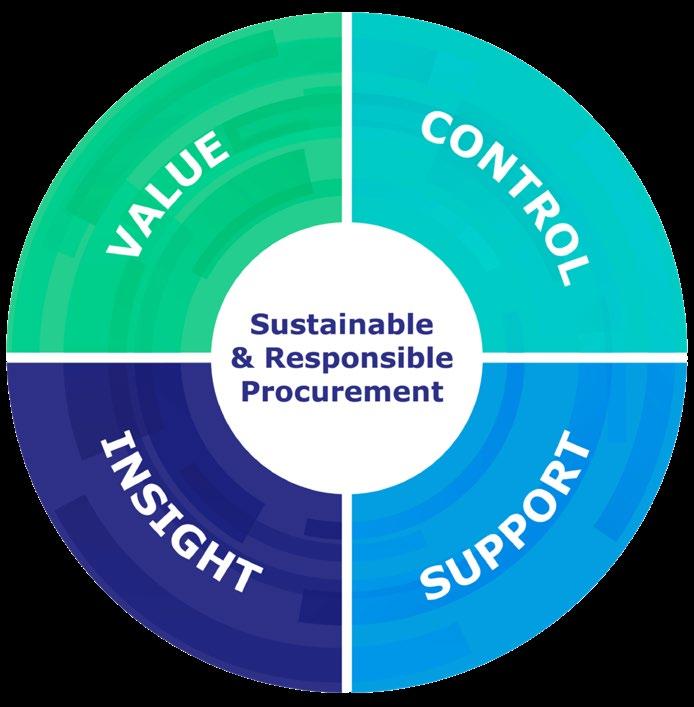

“Based on recent and forecasted inflation spikes, reported by both the ONS and BRC, catering teams may want to revisit what they have budgeted for annual food inflation for the coming months. allmanhall consistently outperform inflation with price rises lower than inflationary rates, ensuring every pound of catering spend goes as far as possible.”

Oliver Hall Co-owner & Managing Director


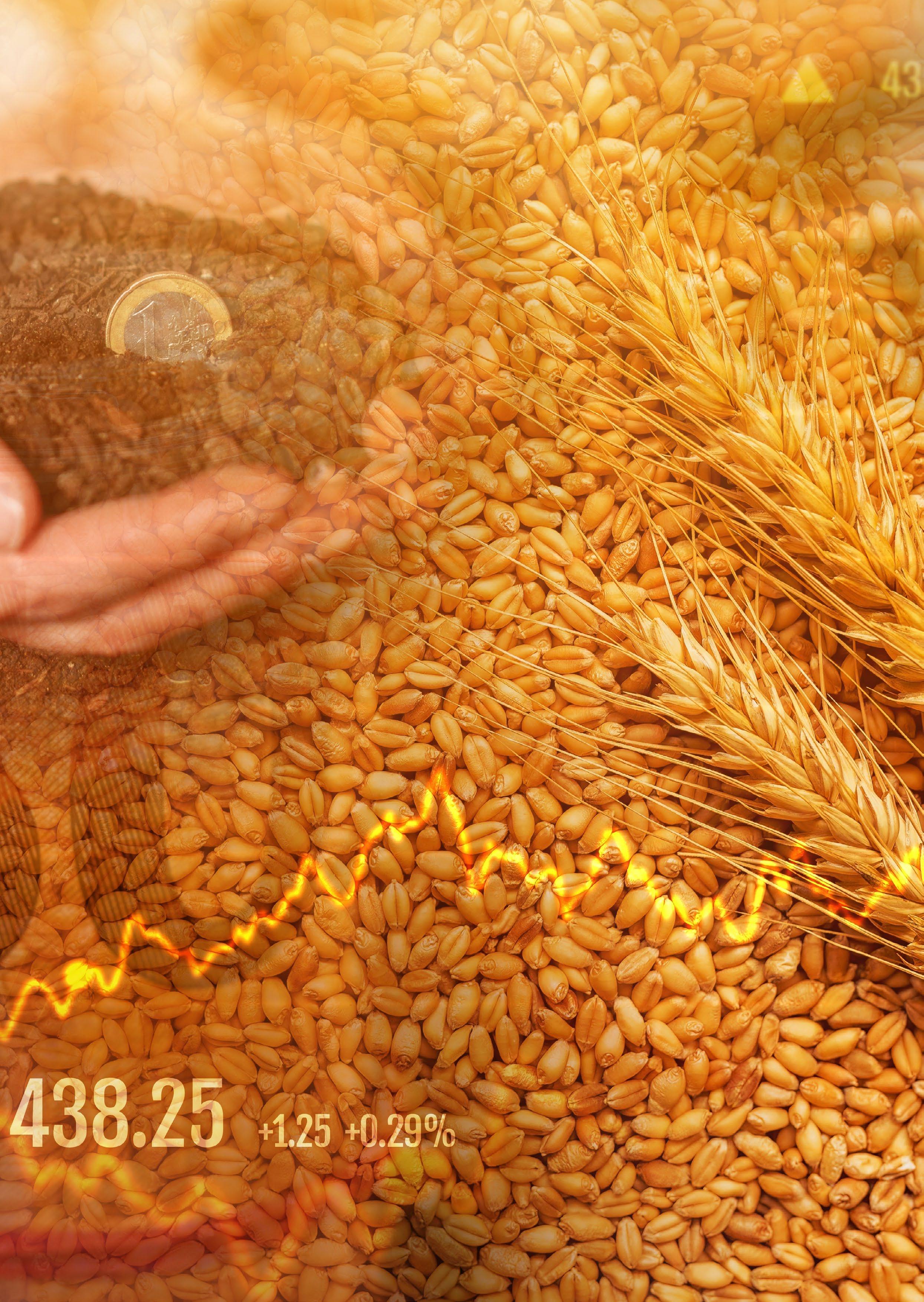
FAO World Food Price Index
FAO World Meat
FAO World Dairy
FAO World Cereal
FAO World Oils & Fats
FAO World Sugar
Exchange (£/$)
PPI Input from home produced food
PPI Inputs from imported food
PPI output from food production
CPI food UK
Brent crude oil ICE EU
Diesel bulk wholesale UK
Rapeseed oil - Rotterdam ex-works
Wheat Milling Euronext Paris (futures)
Wheat Feed ex-works GB
Maize Yellow A1 Euronext Paris
R4L Steer deadweight market price GB
R4L Steer deadweight market price IE
Pig deadweight market price UK
Pig deadweight market price EU
Chicken deadweight market price EU
Butter salted UK
Milk Fresh average farmgate UK
Index Base Year = 2021
“Food inflation rose to 5.1% in August, up from 4.9% in July, and is expected to continue climbing in the short term. The table above highlights current commodity volatility and its effect on costs. While turbulence is evident, allmanhall are here to help you navigate these challenges, manage rising prices, and ensure your food budget goes further.”
** Q1 is a January Figure * Q3 is July and August Figures

Mike Meek Procurement &
Director


Norwegian cod prices have been on a consistent upward trend since 2021, reaching record highs in February 2025. At the time of writing, prices are 52% above the five-year average, with the current raw material cost at £3.54 per kg.
Several key factors are driving this increase:
• A 25% reduction in catch quotas in the Barents Sea for 2025
• Tariffs on Russian-origin products, stemming from the ongoing conflict in Ukraine
• Sustained high consumer demand in the UK market

Norwegian haddock, often considered a substitute for cod, is experiencing similar market pressures. Prices are currently 68%
higher year-on-year, influenced by a 7.8% reduction in Barents Sea quotas for 2025 - less severe than cod, but still impactful. Additionally, increased demand due to rising cod prices is further tightening supply. The current raw material cost for haddock stands at £1.69 per kg.
China continues to serve as a major global centre for white fish processing. If the United States implement tariffs on Chinese exports, it may lead to a redirection of processed products to European markets. While this could provide some price relief, ongoing supply uncertainties and raw material shortages make market forecasts highly uncertain.
Salmon prices have shown significant volatility over the past three years, with raw material costs fluctuating by more than 100%. Currently, prices are on a downward trend due to a seasonal increase in harvesting.
The current raw material cost stands at £4.52 per kg, representing a 34% decrease compared to three months ago. This decline is expected to continue in the short term, driven by increased supply. According to the Norwegian Directorate of Fisheries, salmon biomass in the water grew by 11.5% as of the end of May, and harvested volumes were up 33% year-on-year in April. If historical pricing trends hold, prices are likely to begin rising again from early November, as cooler water temperatures slow growth rates and seasonal demand increases, putting upward pressure on availability and pricing.
Wheat prices, while historically volatile, have shown a steady decline throughout 2025. As of now, the price of French milling wheat stands at £171 per metric tonne, representing a 6.9% decrease compared to the same period last year.
Favourable weather conditions in 2025 have contributed to improved crop prospects, particularly in contrast to 2024, which experienced one of the worst harvests in the last 40 years. However, across Europe the above-average temperatures in June have placed stress on crops, raising concerns about potential impacts on yield and grain quality as the season progresses.

In addition, harvest delays in Russia, a key global wheat producer, could place added pressure on European supply, potentially increasing demand for other EUgrown crops in the months ahead which could cause prices to rise.
The global rice market is currently oversupplied, largely due to strong production levels in India, which is on course to become the world’s top producer. With a surplus in its domestic market, India has significantly increased exports, leading to intensified international competition and falling prices globally.
Key price movements at the time of writing yearon-year:
Indian rice: $ 13.5%
Thai rice: $ 25.8%
Vietnamese rice: $ 35%
Chinese rice: $ 17.8%
One emerging concern for future pricing and supply is the impact of Typhoon Wipha in July, which brought heavy wind, rain and flooding to China and Vietnam. The submersion of thousands of acres of rice fields in Vietnam may affect the availability of rice from these areas and therefore exports and the global market. The situation may lead to price volatility in the coming months, depending on the severity of the impact.
Coffee prices saw a sharp increase in 2024, driven primarily by severe drought conditions across major growing regions such as Brazil, Colombia, and Central America. Some areas received as little as 24% of their normal rainfall, leading to significant declines in both crop quality and yield. As a result, Arabica green coffee from Brazil is currently priced at £2.98 per kg, which is 25% higher year-on-year. Although this reflects a 30% decrease over the past quarter, the timing of importer contracts means
past quarter, the timing of importer contracts means many buyers may not experience immediate cost relief.
Looking ahead to the 2025/2026 season, the outlook is more positive, with increased rainfall expected to support improved harvests. However, as the region enters its colder winter months, there is growing concern that frost risk could still impact production and pricing.
The UK potato harvest for the 2025/2026 season is now well underway, benefitting from a dry spring that allowed farmers to begin groundwork significantly earlier than in previous years.
According to Defra, potato crops covered 118,000 hectares in 2024, with total UK production estimated at around 4.5 million tonnes. For 2025, land usage is expected to remain similar, but yields are forecast to improve, thanks to the more favourable weather conditions during the planting period. However, drought conditions in some areas, particularly those with limited irrigation access, could still impact crop size and quality.

Year-on-year comparisons are currently challenging, as the 2024 harvest had not progressed as far at this point in the season, but we can expect prices to be lower. As of now, the market price for white packing potatoes stands at £100 per metric tonne.
After reaching record highs in early 2024 due to extreme drought and elevated temperatures, olive oil prices have begun to fall and show signs of stabilising. Current raw material costs from Spain are £3.33 per kg, representing a 42% decrease year-onyear. This sharp drop is largely driven by a strong recovery in production, estimated at 1.4 million metric tonnes for the 2024/2025 season which is up by approximately 670,000 metric tonnes compared to the previous year.
In contrast, rapeseed oil prices have risen by 8% year-on-year, mainly due to prolonged dry weather in key growing regions such as Poland, France, and Germany. The drought has also disrupted logistics along major transport routes like the Rhine River. However, recent rainfall has offered some relief, raising hopes for improved

yields and crop quality. Sunflower oil prices remain volatile, currently 15% higher than this time last year. This instability is primarily driven by ongoing tensions in major producing countries, notably Ukraine and Russia. Additionally, low profit margins are causing some oilseed processors to shift toward more profitable crops, adding further uncertainty to both supply and pricing.
Deadweight beef prices reached record highs in April 2025 but have since declined by 8.9% over the past quarter. Despite this drop, the current price remains high at £6.50 per kg, representing a 32.5% increase compared to the same period last year. The primary factor behind this sustained price elevation is a tightening in cattle supply. According to Defra, total cattle and calf slaughter between January and April 2025 was 4% lower year-on-year, with prime cattle down 3% and cow slaughter down 5%. This decline is largely attributed to increased slaughter activity in the
previous year, as many farmers sought to generate cash to offset rising input costs by sending more cattle to market early. With input costs continuing to rise, many producers have chosen not to restock, resulting in a reduced number of animals available for slaughter and ongoing upward pressure on prices. Looking ahead, a rapid increase in domestic supply is unlikely. Cattle typically require 22–24 months to reach slaughter weight, limiting the speed of any supply response. Additionally, producer caution remains high, as there is concern that elevated prices could dampen consumer demand, making farmers hesitant to expand herd sizes in the short term.
UK deadweight lamb prices have increased by 13.4% year-on-year, largely driven by a reduction in breeding flock sizes. As of December 2024, the number of female breeding sheep in the UK was down 5%, contributing to a 1% decline in overall lamb numbers.
This tightening of domestic supply has placed upward pressure on prices. As a result, buyers are
increasingly turning to imported lamb to meet consumer price expectations, particularly from New Zealand. This shift in demand has contributed to a 35.5% increase in New Zealand deadweight lamb prices, highlighting the global ripple effect of the UK’s supply constraints.
UK pig deadweight prices have fallen by 0.9% yearon-year, primarily due to increased production volumes. The current deadweight price stands at £2.04 per kg. Output is projected to rise by 3.3% compared to last year, driven by larger herd sizes, a 2.6% increase in female breeding stock during the second half of 2025, and heavier carcass weights.
Despite the year-onyear decline, prices have increased by 0.92% over the past quarter. This recent upward movement is largely attributed to a rise in demand for British pork, following outbreaks of foot and mouth disease in parts of Europe, which has prompted European buyers to seek alternative sources of supply.
Chicken prices have risen by 11.8% year-on-year, driven primarily by the
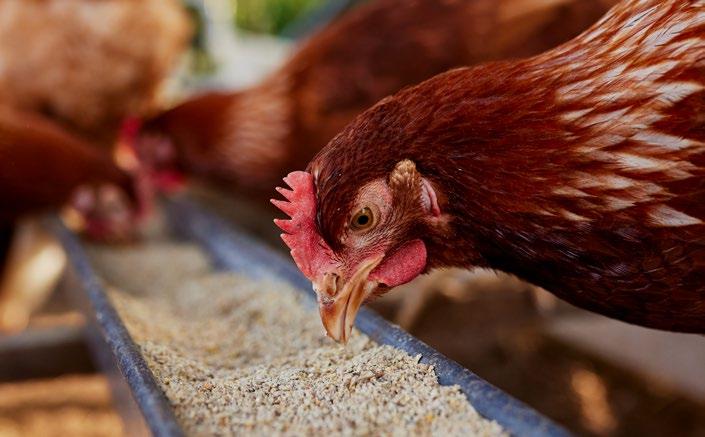
ongoing impact of avian influenza, along with outbreaks of other diseases such as Newcastle Disease, particularly in key producing countries like Poland. The current European deadweight price stands at £2.59 per kg. In the UK, recent disease outbreaks resulted in a 5% reduction in the national flock, as strict biosecurity measures and zoning restrictions were implemented to contain the spread. These restrictions, many of which required poultry to be housed indoors, have since been lifted, allowing birds to return to outdoor rearing. While this change may support a modest recovery in flock numbers, ongoing cost pressures on producers could limit the pace and extent of a full rebound in supply, keeping upward pressure on prices in the near term.
Turkey prices are currently 28.6% higher than the same period last year. Domestic production has fallen by 23% as more UK
farmers transition away from turkey production. Supply issues across Europe, combined with ongoing disruption from avian influenza, continue to impact the wider poultry sector. With constrained availability and continued cost pressures, turkey prices are expected to remain high in the run-up to Christmas.
GB milk volumes are up 5% compared to the same quarter in 2024, helping to stabilise prices despite rising input costs for farmers and processors. However, underlying structural changes raise concerns for the future. As of 01 April 2025, the British Cattle Measurement Service reported the milking herd at 1.62 million head, a 0.9% year-on-year decline and the lowest April figure on record. This reduction is partly due to high beef prices, prompting early culling for cash flow, as well as the spread of bluetongue disease. The number of dairy producers in GB also continues to fall, with 190 producers (2.6%) exiting the industry as of April 2025. While current volumes remain strong, these trends suggest future cost and supply pressures may intensify.

Laura Taylor Senior Buyer

As we move into the final months of 2025, we look back at the trends and innovations that have emerged over the past months, as well as getting a taste (pun intended) of how these may continue and develop over the remainder of the year. Back in January, allmanhall outlined some of the key trends that we were excited to see develop over the coming year. But of those launched, which are a flash in the pan, and which are most likely to continue into 2026?
Amongst the innovations we predicted for 2025, conscious eating stood out as both a stand-alone trend and as an under-pinning value to most new product development. Looking to make choices that are beneficial to both our planet and to their own individual health, consumers are seeking out products that support both. As a result, there has been an increase in options on the market that are low sugar or low fat, instead with added benefits such as high fibre or high protein.

Whilst there has been a clear shift towards products and recipes that cut back on sugar and focus on more natural, less processed meals, one ingredient has really dominated the spotlight in the sweet treat world. The popularity of pistachio has exploded, found in everything from cakes, doughnuts, cookies, and pastries to the various takes on the now-famous ‘Dubai chocolate.’
Already a well-known and traditional flavour in Italy, pistachio gelato and, on the savoury side, focaccia sandwiches with pistachio crème, are being mirrored in the UK foodservice and retail markets. Whilst its presence has grown quite rapidly, it is likely that pistachio will stick around as a flavour and ingredient for a while.


Another more subtle trend that seems to have longevity within the food sector is that of ‘blended’ or ‘fusion’ desserts and cakes. Perhaps seen as taking inspiration from the cronut (a croissant-doughnut pastry hybrid invented and trademarked by French pastry chef Dominique Ansel in 2013), emerging products have been experimental in method, ingredients, and shape.
The croissant has been reinvented several times over, merging with waffles, muffins and cookies to get the croffle, cruffin and crookie. Sourdough doughnuts, baklava cheesecake and meringue-topped cakes and muffins are some of the non-croissant combinations seen, and this fun trend seems likely to develop even further as the bakery sector gets creative with new variations and combinations of our favourite classics.



Street food that highlights the culinary favourites of global cuisines has been a continuous trend over the past couple of years. Popular choices include poke bowls originating from ancient Hawaii and influenced by Japanese cuisine, gyros and souvlaki from Greece, Korean fried chicken, and tacos and tostadas from Mexico, all of which can be adapted and used as inspiration to bring a variety of global flavours to menus.
However, one street food variation that the UK consumer may not have expected to see this year was M&S’s take on the Japanese fruit sando (or fruit sandwich), which consists of Japanese milk bread (known as Shokpan), filled with whipped cream and fruit such as mango, strawberry, and kiwi.
Launched in time for Wimbledon, the M&S strawberries and cream sandwich was a limitededition creation. However, on this occasion, it seems that tried and tested favourites such as Eton mess, trifle, strawberries and cream, and pavlova may retain their popularity over a more novelty innovation.
Whilst we see trends and innovation within the food sector that push culinary boundaries in a fun, experimental and creative way, there is a more serious and practical side that sees innovation not only in new product development, but also in the farming, production, policies and regulations that determine how our food system works.
Food is an essential and the UK food and drink sector alone employs over 4.2 million people, making it our largest manufacturing sector. It is no surprise that such a vast and complex provision comes with a huge array of challenges.
Announced by the UK Government on 15 July 2025, the Good Food Cycle is a framework aiming to transform our food system. The development of a forwardthinking food sector will ensure everyone has access to the means of healthier eating, provide a more resilient supply chain with stronger food security, and tackle climate change by supporting more sustainable food sourcing practices.
Of the Good Food Cycle, Minister for Food Security Daniel Zeichner, said:
“The Good Food Cycle represents a major milestone. We are actively defining the outcomes we want from our food system to deliver a whole system change that will help the amazing businesses that feed our nation to grow and thrive, which means more jobs and stronger local economies, while making it easier for families to eat and feel better.
This isn’t just about what’s on our plates today, it’s about building a stronger food system for generations to come, supporting economic growth, health and opportunity as part of our Plan for Change.”
In England, two-thirds of adults are currently overweight or obese, putting intense pressure on our NHS. And with almost one in five children facing food insecurity due to poverty, it is a priority that healthy food options are made accessible to all. By ensuring access to safe, affordable, healthy, convenient, and appealing food options, as well as supporting families to give them the knowledge and skills to cook and eat healthily, the Government hopes to give every child the best start in life.
allmanhall are proud to support our client partners, Forest Green Rovers, with their Community Cookalong events. These sessions offer local families the chance to come together to develop their cooking skills, creating tasty, balanced, affordable and sustainable meals suitable for the whole family. Focusing on plant-based ingredients that are both healthy and budget-friendly, the Cookalong events are a fun occasion, bringing the community together whilst promoting a more sustainable cooking and eating process.

Food and drink offer a market where innovation can be fun, creative, and experimental, pushing culinary boundaries to explore new flavours, ingredients, fusions, and recipes. It also offers growers, farmers, manufacturers, chefs, and food service providers the opportunity to address the critical risk of climate change and the impact our food sourcing and supply is having. Attracting and developing talent is key to the food sector to drive positive change. The Good Food Cycle aims to create conditions that allow the food sector to thrive and grow, investing in innovation and productivity and ensuring transparency and fairness across the supply chain.

With carbon emissions of less than 6% versus a regular beef burger, The Brighter Burger is a true example of an innovation that drives change and addresses the fight against climate change head on. Using ingredients and products that have come from sustainable farming and manufacturing practices, The Brighter Burger not only tastes great but has a low carbon footprint, tackles food waste, uses regenerative farming practices, is high in protein and is a great source of fibre. allmanhall collaborate with supply partners to drive positive change for our clients, working to bring innovations to your menus that promote healthy choices for both consumers and the planet. You can learn more about The Brighter Burger here.

The Good Food Cycle is about implementing a long-lasting framework that will benefit the to come. It is therefore essential that our food supply is resilient, mitigating supply risk and consistent food security, particularly in light of climate change. To allow this, we must account prepare for supply chain disruptions, reducing the impacts of these and ensuring a supply resistant to the challenges within the supply chain. As part of this, it is essential that the we have in place promote sustainable processes, working together to reduce the carbon food supply. Maintaining high animal welfare standards and actively reducing waste, the upholds British standards to ensure that we have a food supply that is healthy for ourselves The impacts of climate change on our home-grown food supply have become even more the heatwaves experienced in the UK over the past months are having a considerable impact yields of our crops. Five areas of the UK have been officially declared as being in drought, more at risk due to the prolonged dry weather. Effects can be seen on brassicas such as cauliflower which do not cope well with the high temperatures. Lower quality and lower yields tighter supply, with imported goods supporting the reduced UK crop and causing prices to

With a focus on building a more resilient food supply chain, we have the opportunity to celebrate our UK, regional and local food cultures. As consumers are looking to make more conscious choices, transparency of the local food systems gives them the knowledge and power to make informed decisions, allowing people to eat healthily. Mindful eating not only accounts for what they are choosing, but also where it has been sourced from, the practices used and the impact of those on the environment.
Whilst food trends and innovations bring us exciting and sometimes controversial products to the market, these are developed by teams constantly striving to create a better food supply and drive change within it. Food is emotive, creative, and enjoyable but ultimately it is essential. And it is the overarching movement of safeguarding our food supply and safeguarding our planet that is the driving force behind the innovations we will see over the coming months and years.
the generations and offering account and supply that is the supply chains impact of our framework and our planet. apparent, as impact on the drought, with six broccoli and yields result in a to increase.



Every year communities across the country enthusiastically embrace Love British Food’s British Food Fortnight, with food festivals in villages, towns, and cities. In care homes, the fortnight becomes a heartfelt celebration of seasonal ingredients, nostalgia, and nutrition.
British Food Fortnight holds a special place particularly in care settings, where hundreds of residential homes host everything from fishand-chip days to Welsh cheese and wine tasting, pie and pastry making, and creating their own resident-authored recipe books.
We’re proud to say that allmanhall’s very own Development Manager and South West Regional Chair of the NACC, Rachael Venditti, recently contributed a nostalgic family recipe to Connaught Care’s residents’ cookbook. Her grandmother Jessie’s delicious slow-cooked beef and lentil pie was received
enthusiastically by all the residents. Read the full story on page 50.
The NACC’s involvement in Love British Food’s British Food Fortnight campaign is led by Neel Radia, who serves as a Chair of the Love British Food Hospitals and Care Catering Working Group. In his own words,
“We are delighted as an association to be working in partnership with Love British Food and being part of their Hospital and Care Catering working group. Now that sustainability is high on the agenda in care homes, there has never been a more relevant time to be in partnership with Love British Food, so that we can support our members in accessing more resources and knowledge to achieve a more sustainable future.”
Why celebrate seasonal British food?
Embracing seasonal British produce is a smart and sustainable choice all year round, not just during British Food Fortnight.
Why? Seasonal fruits and vegetables are harvested at their peak, offering superior flavour, freshness, and nutrients. In contrast, produce that has travelled long distances before reaching your plate loses nutritional density over time. One research associate at the University of Austin, Texas reports that supermarket produce may have 5% to 40% fewer vitamins and minerals than when freshly picked.
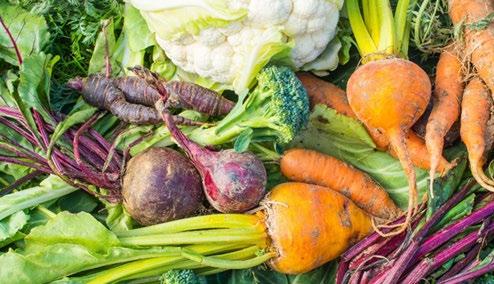
Why is this important in a care home setting?
Older people tend to have smaller appetites meaning that it is of utmost importance that everything they do eat is as nutritionally dense as possible. This helps to ensure that your meals will provide their bodies with all they need to function optimally.
Therefore, if you can base your menus on food that is both in season and local, you are potentially increasing the nutritional density of their meal. Going beyond the impact of nutrition, eating food that is seasonal, local and fresher means that the quality is much better too.
To explore more, take a look at these useful resources on seasonal UK produce:
• Seasonal UK grown produce
• What’s in season when?
• Seasonal calendar
Practical tips for preparing seasonal meals for older people:
A few thoughtful strategies can help integrate seasonal produce seamlessly into your residents’ menus during British Food Fortnight and beyond:
• Get in tune with what is in season and when.
Speak with us at allmanhall so that we can help you stay informed about what is in season and best to use in menus.
• Use cookbooks based on seasonal eating. This will take the stress out of having to come up with recipes using ingredients you may be less familiar with cooking.
• Looking for inspiration? allmanhall’s Hero Recipes offer a delicious selection of seasonal, plant-based meals. Explore them here and here.
• Ensure you are providing variety. Although you might be choosing ingredients from a smaller pool, it is still important to focus on variety throughout the week. This will ensure you are delivering a variety of nutrients for your residents to support overall health.
• If fresh and seasonal options are limited due to budget or availability, consider using frozen fruit and vegetables. These are typically frozen within hours of harvesting, locking in their nutritional value and helping to reduce food waste by maximising surplus produce.

Whether you choose fresh or frozen British produce, keep it seasonal! Let’s look at one quintessentially British ingredient to mark British Food Fortnight…
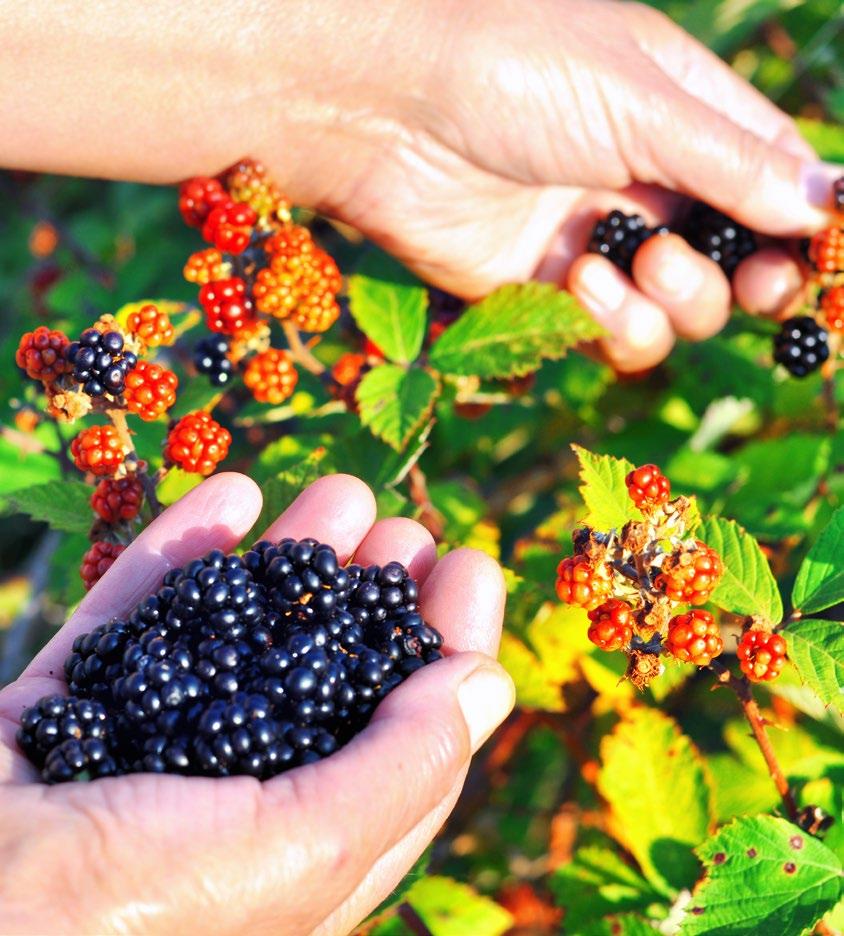
Blackberries are still in season currently and will provide your residents with a nostalgic memory of picking the ripe fruit straight from hedgerows when they were children.
Blackberries are commonly found in the UK from the end of the summer until October, when they’re often seen growing in woodland and hedgerows. Each berry, when ripe, is made up of 20-50 single seeds known as drupelets that are small, juice-filled and a deep purplish black colour. Technically, they are an ‘aggregate fruit’ rather than a berry.
The antioxidants, vitamins, and minerals found in blackberries deliver a variety of health benefits. Antioxidants such as anthocyanins hold many anti-inflammatory and anti-microbial properties. They may also combat diabetes and certain kinds of cancer. Blackberries are also an excellent source of insoluble fibre, which plays an important role in the digestive process.
Even if your catering team don’t have time to forage for blackberries themselves, you can easily source fresh seasonal, or frozen, berries to add a nostalgic and nutritious ingredient to your Autumn menu.
Why not try these seasonal additions to your residents’ menus:
• add fresh or frozen blackberries to natural yoghurt for a healthy breakfast option
• blitz them into a blackberry and beetroot smoothie for a nutritious and hydrating drink for residents
• add them to a warm salad with spelt and beetroot for a delicious autumnal salad
• bake a delicious blackberry crumble traybake for afternoon tea, or as a dessert with custard.
Blackberries are traditionally an Autumn crop, but Britain’s changing climate may impact their availability in the future…
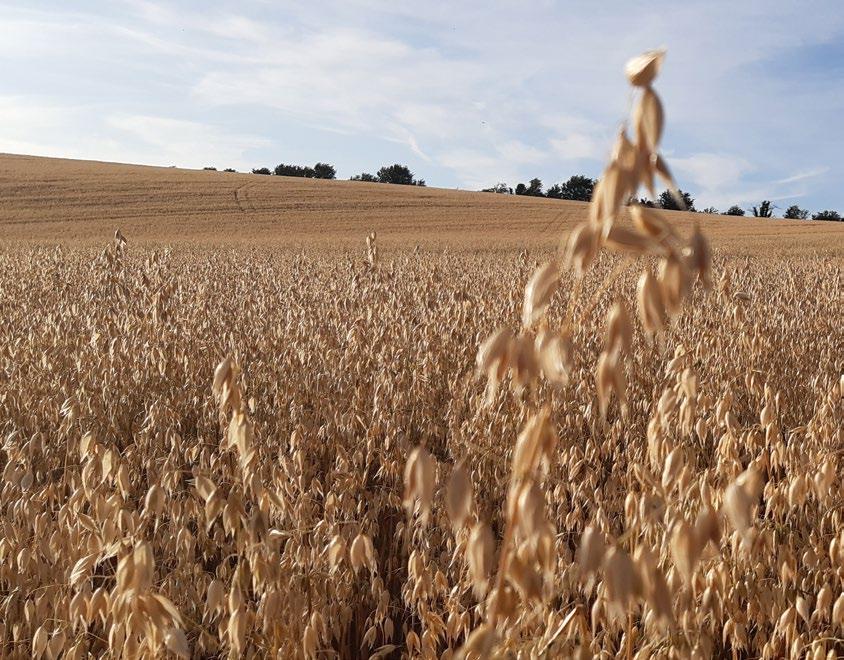
Climate change: a shift in Britain’s farming landscape
Climate change is already transforming British agriculture and chickpeas, soyabeans and oranges may become common crops in the UK by 2080, ushering in home-grown hummus, tofu and marmalade. Conversely, crops such as wheat and strawberries, particularly in the South East and East Anglia, may struggle as temperatures rise. Under a 4°C warming scenario, onions and oats may also face significant challenges.

However, favourable conditions might emerge for crops such as sunflower, durum wheat, legumes (like chickpeas and cow peas), citrus fruits, okra, and grapes for wine.
Chickpeas, for example, which have only been grown commercially in the UK in the last decade, offer multiple benefits: they’re excellent protein sources, help reduce soil fertiliser dependence by fixing nitrogen, and could help shift diets toward lower carbon footprints.
Innovative solutions: plant-based ingredients for the future
allmanhall are constantly looking for innovation from new supplier partners with great ingredients that don’t cost the Earth. Through our partnership with Vegetarian Express, we’ve been delighted to find Eat Curious.
Eat Curious is a plantbased food company creating innovative,
sustainable solutions for the foodservice industry. Their versatile products are minimally processed, nutritionally balanced, and full of flavour. Made simply from pea protein, fava bean protein, and salt, and free from all 14 major allergens, they are produced without isolates or chemical shortcuts so offer a clean-label option. The dehydrated range is ambient stored, making it cost-effective and often more affordable than animal proteins.

You could use Eat Curious dehydrated mince to create a delicious cottage pie for your residents – value for money and another great nostalgic addition to your Autumn menu.
Contact allmanhall now for more great Eat Curious recipe ideas and samples.

In all, celebrating seasonal British food isn’t just a matter of flavour - it supports the health of your residents, and builds both environmental sustainability and supply chain resilience.
Let’s continue championing British food traditions, not just during British Food Fortnight but every day, while adapting thoughtfully to the challenges ahead.
Speak with your allmanhall team for tailored advice on what’s in season and which ingredients are especially abundant through our supplier network.
You may find these are not only better in quality and value but also support your nutrition, sustainability, and budget goals - a win all year round!
Links to other blogs:
• Have British strawberry growers met thier match
• Strawberry industry in the UK
• British tomatoes pick of the crop
• British farmer supply challenges
• Broccoli and cauliflower supply struggles



At the Care Sector Supplier Awards 2025, held in London on 29 April, allmanhall were crowned the winner of the Catering and Nutrition category.
These prestigious awards aim to seek out the best providers of products and services to the care sector in the UK, with the panel of independent, expert judges looking for evidence of innovation, enterprise and performance.
Accepting the award, Tess Warnes, allmanhall’s Registered Dietitian, said she was “delighted to have won in the Catering and Nutrition category of the Care Sector Supplier Awards 2025. Nutrition has always been integral to allmanhall’s food procurement support for for our clients, providing them with professional help and experience to ensure that the highest standards of nutritional care are delivered. It’s a privilege to work as a dietitian for allmanhall where nutrition is so valued.”

This was echoed by Rachael Venditti, Development Manager and NACC South West Regional Chair;
“To have been awarded this accolade recognises not only our robust approach to nutrition, but our overall approach to catering which is just fantastic. We put real emphasis on supporting our care group clients to deliver healthy, high quality, sustainable food to their residents and equip them with insight and expertise to make positive, meaningful and informed decisions”.
As well as providing an award-winning and trusted food procurement solution, allmanhall are renowned for our expert support, from nutrition and dietetics to operational consultancy. Read more about what our team can offer you on page 26.
We are currently helping our care clients’ catering teams with everything from meeting the requirements of the legislative food waste reforms to creating a more sustainable, plant-based menu for residents to meet Government net-zero goals by 2030, from mitigating the effects of volatile food pricing to improving the heart health of residents.
As an integral member of the NACC, and with Rachael’s role as the South West Regional Chair, allmanhall put the health and wellbeing of our clients’ residents at the heart of what we do.
Are you looking to benefit from award-winning support?
Find out how allmanhall clients are reaping the rewards by watching this case study video here.

When catering for care groups, with specific dietary needs, Authorised Buying Lists (ABLs) are sometimes used as a tool to guide purchasing decisions – but they must be used wisely.
An Authorised (or sometimes called ‘Approved’) Buying List - or ABL - is a preapproved list of food items that a client or catering organisation agrees to purchase from a supplier. These lists are typically put in place to meet specific dietary, religious, or ethical requirements.
Examples include:
• Allergen control – e.g. only nut-free products
• Religious requirements – e.g. halal-certified items only
• Accreditations or ethical sourcing – e.g. Food for Life standards requiring free-range eggs or higher-welfare meat

Many care groups choose to implement ABLs to:
• Add an extra layer of food safety by reducing the risk of ordering inappropriate products
• Support compliance with policies, accreditations, or standards
• Simplify procurement by narrowing down choices to known and approved items.
While ABLs can support food safety and compliance, there are some important limitations to be aware of:
• Supplier restrictions – ABLs are typically only supported by larger suppliers like Bidfood. If you use multiple suppliers, only the primary one may enforce the ABL.
• Out-of-ABL purchases –staff may need to buy items from local shops or smaller vendors who aren’t bound by the ABL, introducing the risk of allergens or noncompliant products.
• False sense of security – relying solely on an ABL can lead to complacency. Staff may assume all items are safe and stop checking labels thoroughly.
According to Allergy UK and Anaphylaxis UK, blanket bans on specific allergens (e.g. nuts) are not recommended. Here’s why:
• There are many allergens to consider, not just nuts
• No kitchen can guarantee a 100% allergen-free environment
• A ‘free-from’ policy can create a false sense of security and reduce vigilance.
Instead, these organisations promote a culture of:
• Allergy awareness
• Staff education
• Whole-team responsibility.
This approach is especially important in care settings, where a collaborative and informed team is key to keeping residents safe.
Training and support is available
allmanhall can provide allergen training workshops for you and your catering/foodservice team, to help your management of allergens. All workshops are carried
out by our Registered Dietitian who will tailor the session to your needs, ensuring your staff come away with critical knowledge and practical learning about the 14 major food allergens, including how to deal with the different types of reactions and helping to ensure your food service operation is fully compliant. Accredited training can also be provided through the completion of the Royal Society of Public Health’s Level 2 Award in
Identifying and Controlling Food Allergy Risk.
Authorised Buying Lists can be a helpful way to support dietary needs, uphold standards, and streamline purchasing - but they are not a onesize-fits-all solution. They should complement, not replace, robust allergen management procedures and a culture of continuous awareness and staff training.

ABLs do not replace allergen procedures
• ABL or no, allergen safety procedures must always be followed
• Ingredient labels and allergen information should be checked every time a product is delivered or opened
• Product specifications and recipes can change without notice, and even familiar items may contain unexpected allergens
• ABLs should be viewed as a support tool - not a substitute - for proper allergen management.
It’s so important to
always check labels and packets for allergens


allmanhall offer expert menu guidance by our Registered Dietitian, Tess Warnes. Menus are benchmarked against the BDA Care Digest to ensure that they meet all nutritional requirements.
allmanhall also provide care groups with expert allergen management support, including tailored training from our Registered Dietitian, practical guidance on legal compliance, and best-practice procedures for safe foodservice, ensuring confident, compliant allergen handling every day.

If you want to learn more, read our recent blogs:
• Nutrition & dietetics
• The difference between vegan & free-from allergy labelling
• Natasha’s Law


To learn more about catering for residents with dysphagia or dementia, read our blogs here:
• Texture modified diets for dysphagia
• Catering for residents with dementia

allmanhall work closely with IDDSI expert
The IDDSI Guy and partner with specialists Oak House Kitchen for dysphagia modification training and more.
Find out more by visiting our partners page.



Backed by our award-winning team, including a Registered Nutritionist, our Dietitian and dedicated Client Relationship Manager, allmanhall help you protect your residents and staff while enhancing your foodservice.


Taylor and Taylor are a group of family-owned residential care homes. Currently with 4 sites, they are in the process of rapid expansion with several high end openings already planned, and more on the horizon. As a result, they approached food procurement experts allmanhall looking to achieve scalable cost savings and efficiencies to support their growth, without any detrimental impact to the excellent quality of their food offering and their residents’ dining pleasure.


Taylor and Taylor’s previous Group Executive Chef, Chris Rees, initially started discussions with allmanhall at a National Association of Care Catering Training and Development Forum.
allmanhall are premier partners of the NACC for the award-winning food procurement support and savings they provide to residential care home teams. Chris Rees was very mindful that a successful growth strategy, staying true to Taylor and Taylor’s high standards and focus on resident experience and wellbeing, would require a long-term partnership approach and shared values.
Taylor and Taylor’s desire was to achieve at least a 5% food cost saving and to ensure ongoing effective management of catering budgets despite food inflation. The required outcomes also included quality produce, consistency of supply and standards and the ability to continue buying certain brands, high end cuts of meat and excellent fish.
Operationally, visibility of data and access to reports and insight to help inform decisions was identified as key, as was ease of ordering and management of stock and deliveries on a more day to day basis. Administrative efficiencies and support for growth ambitions, from a solution that is both scalable and sustainable were also essential. The entreaty for continued exceptional quality and constant improvement came across very clearly.
allmanhall listened to these needs and tailored an expert solution to deliver exactly what Taylor and Taylor were looking for…
“From day one, the care and attention provided by allmanhall has been exceptional. The team truly listen to us, to what our challenges are and are always willing to help in any way they can. Their approach is thorough and responsive, meaning we feel fully supported. Everyone we’ve met from allmanhall has been hands-on, down to earth, genuine and considerate.
I’ve been impressed by the savings we’ve already seen, the flexibility regarding suppliers and by the excellent quality. The consolidation of invoices into one per month is a huge win.”
Mr Chris Rees
Previously Group Executive Chef at Taylor & Taylor
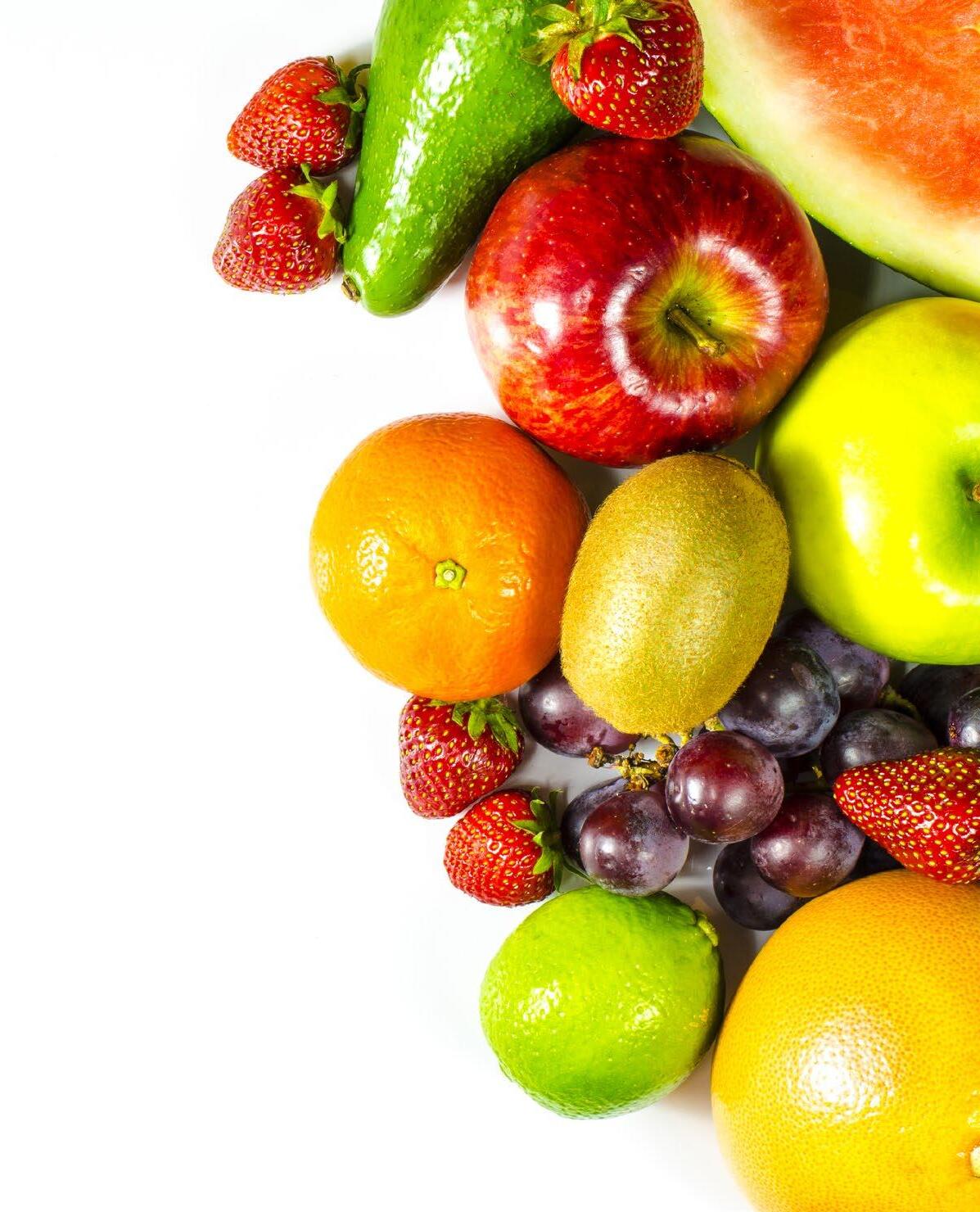
The results
allmanhall undertook a like for like benchmark using recent and thorough invoice data from Taylor and Taylor. Through this analysis and via negotiations with suppliers, allmanhall identified cost savings – with no detriment to produce quality or dramatic changes to delivery windows – of 11.4%. More than double the initial objective!
While the benchmark was underway, allmanhall delivered tech demos of the catering control platform that Taylor and Taylor would benefit from, to ensure it met their needs. Samples and on-site supplier meetings were also arranged on behalf of the homes, to confirm that the quality was to the required standard.
As well as providing useful operational functionality like stock taking and standing orders, the catering control platform proposed would also give access to management reports and facilitate central billing and conversion of all supplier invoices in to one per month (per home or per cost centre as preferred). Taylor and Taylor were very impressed with the administrative efficiencies and time savings this would bring and how it will help them as they grow.
A few months into the contract, allmanhall undertook further analysis and the actual saving was 18%! Proactive Buy Right recommendations from allmanhall delivered an extra 2.9% saving. Protein savings and an ABL have also been proposed to drive further value.
Reassured that the solution proposed would meet their needs for a procurement partner, Taylor and Taylor took the decision to proceed…

No cost, just food cost savings when care groups need it most.

Food supply factors and increases in the cost to serve are adding to already pressurised care budgets.
Food inflation is expected to surge to 6% by the end of the year, posing a significant challenge for catering budgets over the coming months.
A bleak outlook is emerging from the British Retail Consortium, with 85% of surveyed retailers reporting having raised prices in response to rising costs driven by the previous budget’s increase in employer National Insurance and the National Living Wage.
With current food inflation having risen to 5.1% in August, according to the most recent CPI figures, you may be finding that your food budget is being increasingly squeezed.
Food procurement expert allmanhall’s Managing Director and co-owner, Oliver Hall, says: “Based on recent and forecasted inflation spikes, care groups may want to revisit what they have budgeted for annual food inflation for the remainder of the year”
Global factors are at play with extreme weather influencing crop production, threatening food supply, and increasing food prices.
This is compounded by the aforementioned increase to both the National Minimum Wage and employer National Insurance Contributions impacting labour costs, particularly in those sectors heavily reliant on lower wage workers, such as care groups.
Thinking of outsourcing your catering operation to avoid this? Pause before you add a management fee on top of rising labour costs on someone else’s payroll.

Food production and supply are also impacted and allmanhall are working with suppliers to mitigate cost to serve price increases and the extent to which these are passed on to our care clients. Expert negotiation delivered by an organisation with circa £60million annual purchase volume. That’s a lot of food and a great deal of buying power. The results are being enjoyed by allmanhall’s many care group client partners as substantial food cost savings.
“From day one, the care and attention provided by allmanhall has been exceptional. I’ve been impressed by the savings we’ve already seen, the flexibility regarding suppliers and by the excellent quality”

Leila Sharkey, Operations Manager at Notaro Homes, backs this up: “Through the financial and administrative savings made with allmanhall, combined with their catering expertise, we have been able to re-invest in our catering service. I would certainly recommend allmanhall as a great support to our ultimate goal of quality residential care.”
The changing landscape of food supply and inflationary pressures is compounding a very real need for expert food supply chain management on behalf of care organisations across the UK, as an extension to their teams and catering operations.
As Oliver Hall explains; “The effects of Government policy will likely be felt in the form of higher food prices in the coming years... choices made today will play a pivotal role in shaping the future of food security.”
Tracking and managing every penny of spend, shining a light on improvements, mitigating price increases and managing suppliers whilst leaving you in control... allmanhall will make your food budget go further through a model that delivers sustainable and responsible food procurement.
After all, good food shouldn’t cost the Earth!
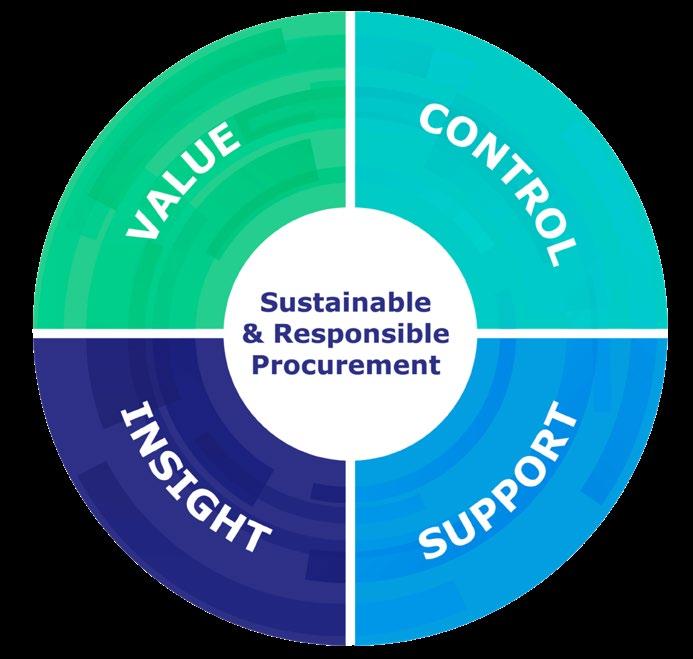

By Tess Warnes, allmanhall’s Registered Dietitian

“Once you feel thirsty, your body is already dehydrated.”

Hydration is essential to life, with water making up nearly two-thirds of the human body. It supports critical functions like circulation, cognition and kidney health. Yet, hydration is too often overlooked - especially in care settings.
Older adults are particularly vulnerable to dehydration, which can lead to serious consequences including falls, urinary tract infections and cognitive decline. For caterers and care staff, supporting hydration goes far beyond simply offering water. A proactive, whole-team approach can make a meaningful difference.
Hydration plays a role in every major bodily function - from flushing out toxins to regulating temperature and transporting nutrients. While the recommended intake is 1.5 to 2 litres of fluid per day, many people, particularly older adults, fall short.
Older individuals may have a weaker thirst response and reduced appetite, which increases the risk of chronic low fluid intake. By the time someone feels thirsty, they are already mildly dehydrated.
“Drinking steadily throughout the day is far more effective than waiting until you feel thirsty,” Tess explains. “Hydration should be a habit, not a reaction.”


“Think beyond water. Use your menu and service to make hydration part of your food culture,” Tess advises. Hydration doesn’t have to mean plain water. All fluids (except alcohol) count - and milk, tea, juice, and smoothies can all support hydration goals. Around 20–30% of fluid intake also comes from food, especially fruits and vegetables with high water content like cucumber, melon, tomatoes and courgettes.
Practical catering strategies:
• Offer a range of naturally hydrating drinks, such as infused waters or noadded-sugar juices. How about lemon, raspberry & rosemary or blackberry & mint infused water?
• Create a ‘hydration happy hour’ with mocktails and smoothies
• Use your menus to highlight high-fluid meals such as soups, stews, jelly, yoghurt or fruit-based desserts with a hydration icon.
• Alternatively, display a simple poster in your dining room explaining how to help hydration with links to the best options on your menus.
Early signs of dehydration include:
• Headaches
• Fatigue or low energy
• Dizziness or unsteadiness
• Difficulty concentrating
• Dry lips and mouth
• Confusion (especially in older adults)
• Dark, strong-smelling urine
Prolonged dehydration may lead to:
• Constipation
• Urinary tract infections
• Always ensure that fresh, cool drinking water is available, visible, and refilled throughout the day.
• Offer mid-morning milkshakes using frozen berries for a cost-effective, high-fluid snack.
• Use seasonal Autumn fruits and vegetables to boost both hydration and sustainability on your menu – use our seasonality guide for some ideas.
Hydration should be part of your food culture - not just an afterthought. By weaving hydration into your Autumn menu planning and daily routines, you can support the physical and mental wellbeing of residents while also reducing waste and managing costs.
Need support with hydration strategy or menu planning? allmanhall’s Nutrition & Dietetic team are here to help with tailored guidance for your care environment.

The UK is one of the most nature-depleted countries in the world, with nearly one in six wildlife species facing extinction. For food service professionals and organisations, biodiversity loss is not a distant environmental issue – it affects food quality, supply chains, and long-term sustainability. That’s why understanding the UK’s biodiversity crisis matters to catering and foodservice decision-makers.

Why UK biodiversity loss matters to you:
• 1 in 6 UK species faces extinction
• Biodiversity loss threatens food supply and price stability
• UK farmland takes up 69% of land - how it’s managed matters
• Sustainable sourcing can help reverse the trend
Richard Dowling, allmanhall’s Sustainability Manager, explains and provides guidance about things you can be doing…
Why UK biodiversity is under threat
In 2023, the State of Nature Partnership produced a report highlighting the alarming circumstances of the UK’s biodiversity levels.
The partnership consists of over 60 different organisations, ranging from conservation NGOs, statutory nature conservation bodies, and research institutes, meaning that the report’s data are considered to be some of the most robust in biodiversity reporting.
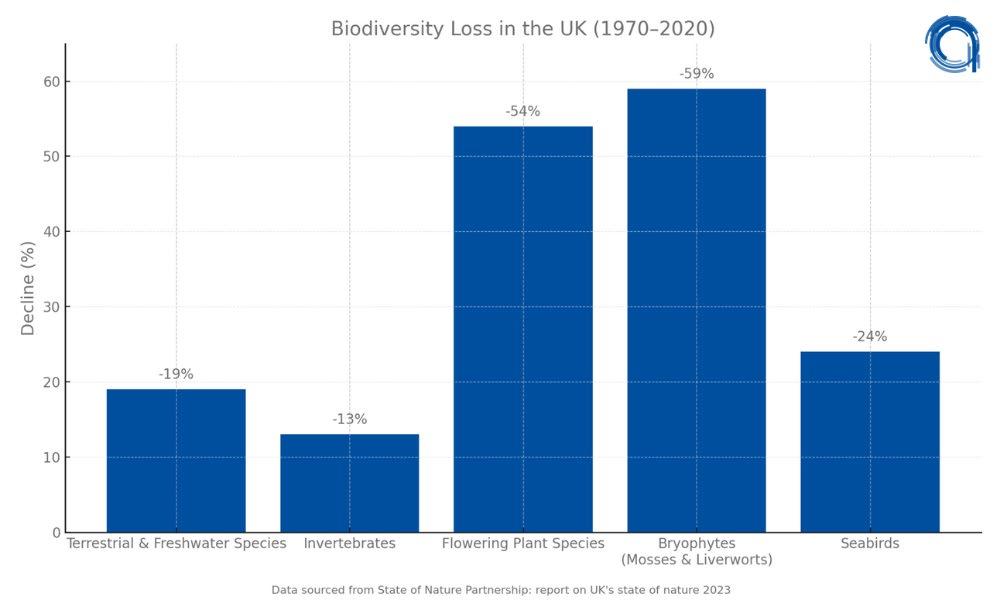
Their key findings were that:
• UK wildlife species have declined by 19% since 1970 (for example, hedgehog numbers have declined by up to 30% in urban areas and 50% in rural areas since 2000).
• One in six species is threatened with extinction, including hazel dormice, puffins, marsh fritillary butterflies and great crested newts.

• 151 species have become extinct, such as the horned dung beetle (1974).
The data from the report cover the last 50 years, but this follows on from centuries of development, land-use change, habitat loss, and persecution, all of which have contributed to biodiversity depletion. As an advanced economy with the sixth-largest GDP in the world, factors such as urban development, overfishing, pollution, and climate change are particularly relevant.
Over many decades, UK farming has helped ensure a stable food supply despite significant challenges, but this has come at the cost of excessive land use.
Farmland covers around 69% of the UK. But despite appearances, many of these landscapes are far from naturalthey’ve been shaped by decades of intensive farming.
As previously explored by allmanhall, modern industrial farming prioritises consistency and output, relying on intensive monocultures, heavy pesticide use, as well as beef and lamb production, all of which harm wildlife and ecosystem service provision.
In fact, research has shown that around 40% of the UK’s most productive land is used to grow food for livestock. This is not necessarily the most efficient use of land that could otherwise be used to grow crops for human consumption and also provide benefits to nature and the climate.

As a result of all of this, the UK has on average about half of its biodiversity left, meaning the country is in the bottom 10% of countries worldwide.
This contrasts with other countries such as Canada and Finland, who still have around 90% of their original biodiversity intact.
Given that the Industrial Revolution accelerated environmental damage and biodiversity loss globally, the UK has a unique responsibility to set a more positive example this century.
It’s in our interests to do so, given that protecting biodiversity is a prerequisite to long-term food security.
There are some signs of progress. In addition to long-standing legislation such as the Wildlife and Countryside Act 1981, the Environment Act 2021 (which includes the Biodiversity Gain (Town and Country Planning) 2024 Regulations) aims to boost biodiversity.


Through section 106 agreements, developers are required to deliver a biodiversity net gain of 10% on development sites, through creating or enhancing specific habitats.
If this isn’t possible onsite, the legislation allows developers to carry out measures somewhere suitable offsite, or as a last resort, to pay the government expensive statutory biodiversity credits.
However, the legislation has received criticism. The Wildlife Trusts and the RSPB have questioned the efficacy of developers paying into a ‘central nature fund’, given the fact that the biodiversity from habitats such as ancient woodlands and chalk streams cannot be offset.
This is why developmentfree zones are necessary in some cases. Ultimately, the UK’s failure to build enough homes is a serious problem, but protecting nature isn’t a hindrance to remedying it. With smart planning, both goals can be met.
The UK also has a responsibility to protect the environment beyond Great Britain and Northern Ireland, with the UK’s three Crown Dependencies and 14 Overseas Territories boasting a wide array of ecosystems. These are home to around 1,500 endemic species, which is considerably more than the UK itself!
Encouragingly, many have aligned themselves with the international Convention on Biological Diversity, while the new government has also committed to the 30by30 goal. This entails protecting 30% of our land and ocean by 2030, in line with global targets set at COP 15.
International agreements to protect biodiversity are important, seeing as it isn’t something that can be resolved without co-operation.

This is also the case with climate change, and research is displaying how we’re in danger of reaching irreversible ecosystem tipping points. Although problems such as ocean exploitation and deforestation can be considered as biodiversity issues, failing to deal with them will also have serious impacts on the climate and global economy.
Dealing with these issues separately won’t work, and preserving key habitats will help us ensure global food security and fight climate change.

This is largely because many key habitats serve as carbon sinks. When greenhouse gases are released, around half remain in the atmosphere, while the other half are absorbed by land and the ocean.
This is why nature-based solutions are often put forward as an important part of fighting climate change, as mangroves, peatlands, wetlands, and forests all sequester carbon.
To protect UK biodiversity effectively, we also need to rethink economics and policy, given the economy’s dependence on nature. Some of the solutions include:
• Progressive tax reform that discourages environmentally harmful practices
• Further subsidies that reward sustainable farming and restoration
• Payments for ecosystem services (compensating landowners for protecting pollinators or carbon storage, for example)
• More investment in regenerative agriculture and restoration projects
• Incorporating environmental metrics into economic decisionmaking
What can you do to make a difference to biodiversity?
Although systemic change is necessary, our individual consumption choices all make a difference.

Here are a few ways to reduce your environmental footprint when it comes to food:
• Eat less meat and dairy
• Conserve water and energy and consider this in the production of food
• Choose products with lower carbon and ecological footprints
Partnering with allmanhall gives our clients access to sustainable ingredients produced by some of the country’s most innovative regenerative farmers.
Wildfarmed is one of the UK’s leading voices in the move towards regenerative agriculture, and they provide the flour for the bun on allmanhall’s Brighter Burger.
Cutting out pesticides and growing flowering companion crops instead of leaving the earth bare means creating the perfect environment for pollinators like bees and butterflies which in turn encourages more healthy plant growth.
Biodiversity isn’t a luxury; it’s essential for our health, economy, climate, and food.
As the birthplace of the Industrial Revolution, the UK has played a major role in today’s environmental challenges. We now have the responsibility to lead the way in restoring nature.
As an EcoVadis Goldrated food procurement company, allmanhall is well-placed to help organisations align with legislation and sustainability goals that reduce your ecological footprint at an organisational level.
Our sustainability team can offer guidance on ingredient sourcing with our sustainability dashboards, menu planning with The Brighter Burger and our plant-based Hero Recipes, as well as food waste reduction. All of this goes a long way towards helping to reduce your ecological footprint.
Keen to reduce your biodiversity impact?
Contact us to explore how allmanhall’s solutionsfrom sourcing to waste reduction - can support your goals. We’re transforming food supply and providing insight and transparency to help inform decision making.


Shifting towards regenerative farming is a powerful way to enhance biodiversity. Why? Put simply, regenerative farming farms with nature, not against it, to leave the land better not worse.
There isn’t a precisely defined term but it generally refers to agricultural practices that boost biodiversity, rebuild soil fertility, enhance water management, and sequester carbon, with the aim of sustaining agricultural productivity and regenerating degraded landscapes. That means covering the soil year-round, growing cash crops alongside companion plants and planting a mix of crops between harvests.
As part of allmanhall’s mission to deliver sustainable value to our clients, we work with inspirational regenerative farmers to develop ingredients that improve biodiversity. One of our innovative food partners is Wildfarmed.
Wildfarmed, a food and farming business started by Andy Cato, Edd Lees and George Lamb in 2019, grows wheat regeneratively to make flour and pasta that doesn’t just taste great but is better for nutrition and for the health of the planet.
Their regenerative farm in Wiltshire:
9 removes carbon from the soil - 2.8kg less of co2 in the atmosphere per 1k.g of Wildfarmed regenerative flour as compared to 1kg of conventional flour
9 uses no pesticides
9 minimises river pollution
9 boosts biodiversity – 500% increase in invertebrates in Wildfarmed fields
9 promotes farmer welfare
9 delivers a fully transparent supply chain
We featured an in-depth interview with Wildfarmed in last Autumn’s issue of Foodsight and followed it up recently with a visit to their farm, when allmanhall’s Sustainability Manager Richard Dowling and Marketing Manager Tom Ferris joined industry peers to dive deeper into the vital world of regenerative farming.

It was a day full of insights, ideas, and real enthusiasm for building a better food system.

Want to see this mission in action?
Richard and Tom left energised (and slightly muddy) with even more respect for the work Wildfarmed is doing to restore soil health and transform farming from the ground up.
The Brighter Burger –specially designed with schools in mind features a Wildfarmed vegan-glazed bun – a small but mighty step toward a more sustainable plate.

The Brighter Burger patty is now 50% off!
This offer is only available while stocks last, with delivery available from Bidfood up until 27 October 2025.
Order via Bidfood Direct before 27 October - code 22781.




allmanhall’s tailored tech platforms put you in control - saving time, improving visibility, and helping you manage spend and suppliers with ease.
Intuitive and user-friendly, allmanhall’s industry-leading catering controls platform is provided to our clients, with our compliments. The platform is designed to work seamlessly for teams on the ground and help to reduce the burden on your catering team by:
9 facilitating central billing
9 giving you the option of online ordering
9 tracking spend – real-time transparency of every penny spent across sites, categories, and suppliers
9 managing your supplier base
9 helping with menu planning
9 supporting your allergen management processes…
… so you can run your catering operation with greater efficiency and confidence, knowing that allmanhall have put you in control.
Our controls platform is flexible and can be integrated with many existing finance or catering systems, ensuring smooth data flow and minimal disruption to your current processes.


“allmanhall have greatly minimised the time we spend on admin, and we now have complete transparency and visibility of our food spend, enabling us to confidently demonstrate efficient cost-effective practices to our residents. We really appreciate how uncomplicated the administration has become, the catering software and tablets really help to streamline our processes, removing previous challenges”.
Amy Nemeth, previously Head of Hospitality and Procurement, AHH

The Pass is available to all of allmanhall’s clients and is a vital platform in supplementing catering operations. Launched in 2020, The Pass continues to be regularly improved and developed to meet the needs of our clients, ensuring all updates, information, resources and financial information is in one place.
View critical updates, market reports, industry news and all supplier communications
Access a range of resources and training material to support with allergen management
View supplier account details including delivery days, minimum order values, telesales contact information and much more
View and download invoices, trading calendars, bespoke reports and procurement reviews
Utilise information and tools from the likes of Foodsteps, Guardians of Grub and the UN Global Compact
And more...


Whether you have access to a desktop computer, tablet or mobile, The Pass works seamlessly across all devices.

If you have a LinkedIn account, be sure to follow @allmanhall for the latest market updates, industry news, foodie insights, sustainability guidance, recipe inspiration, and much more!


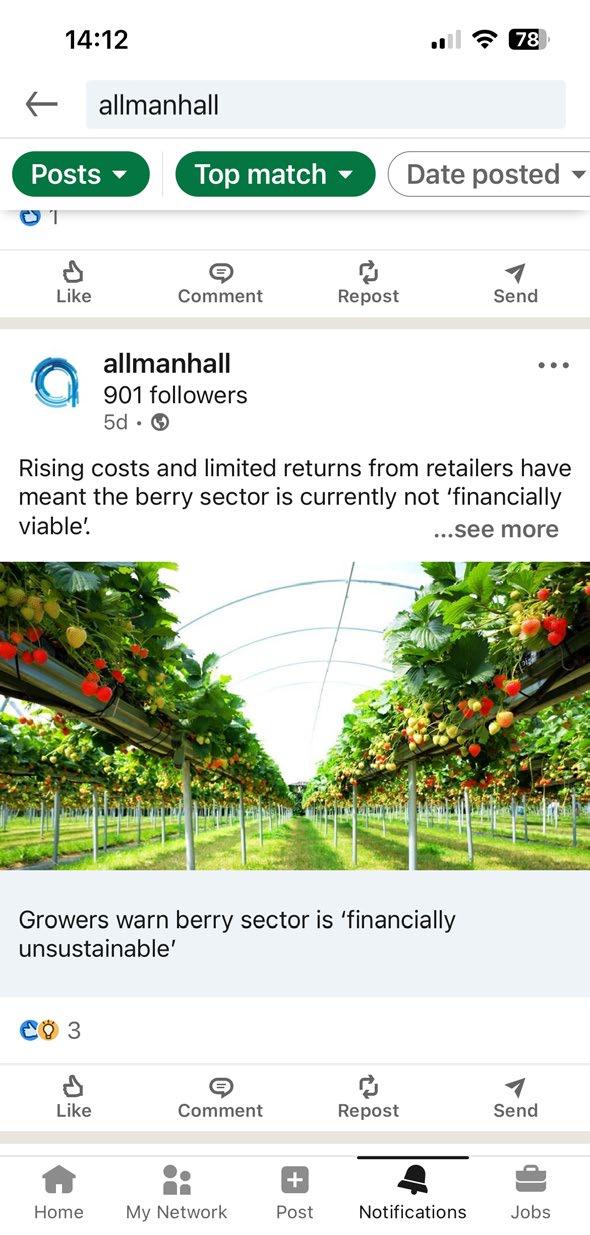
As well as sharing insights and updates, we regularly collaborate with partners including Foodsteps, UN Global Compact and Jamie’s Farm.
You will also get to see behind-the-scenes photos of our team and what we get up to!


Add up to 5 recipes or food items for FREE and see the carbon impact data...
Foodsteps is so easy to use and great for communicating and understanding carbon impact assessments of your food.
Together, you and your residents can make a difference.


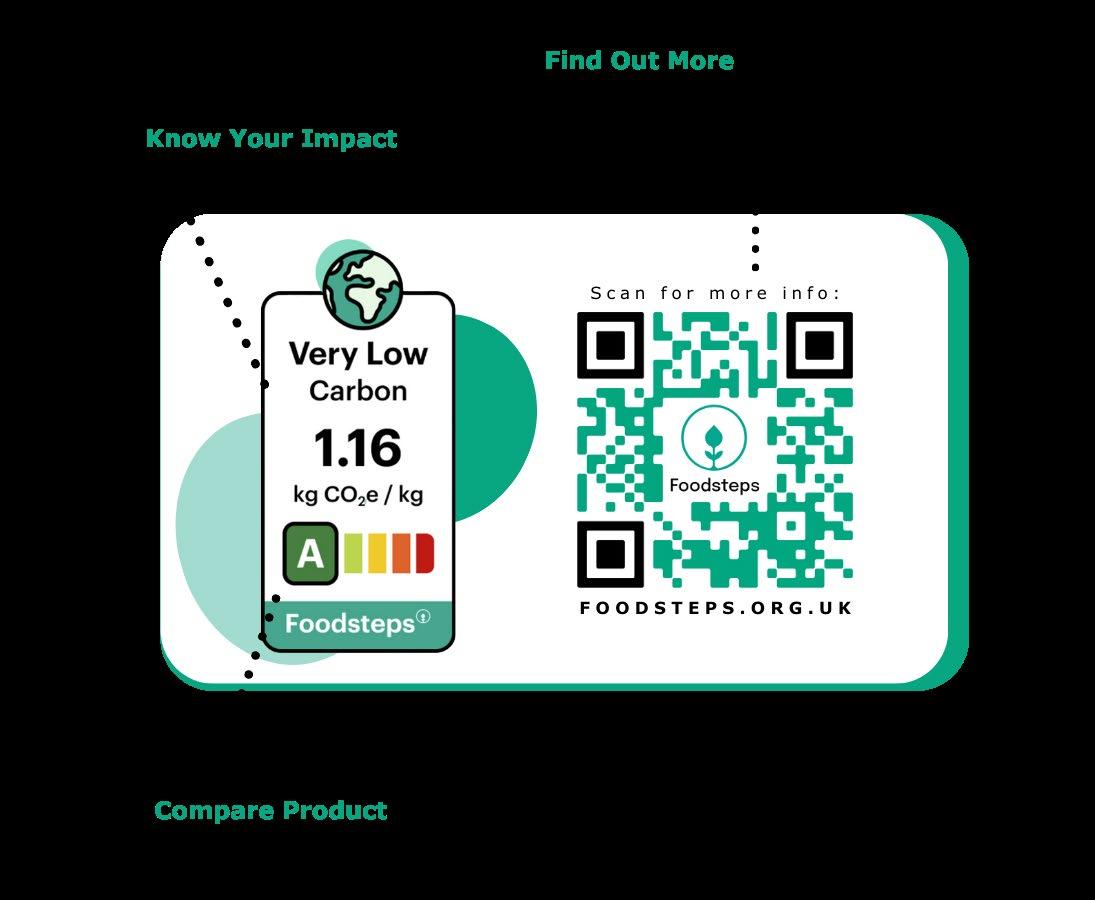
If you like what you see, simply ask allmanhall for advice about the best option for you and how to access competitive rates.



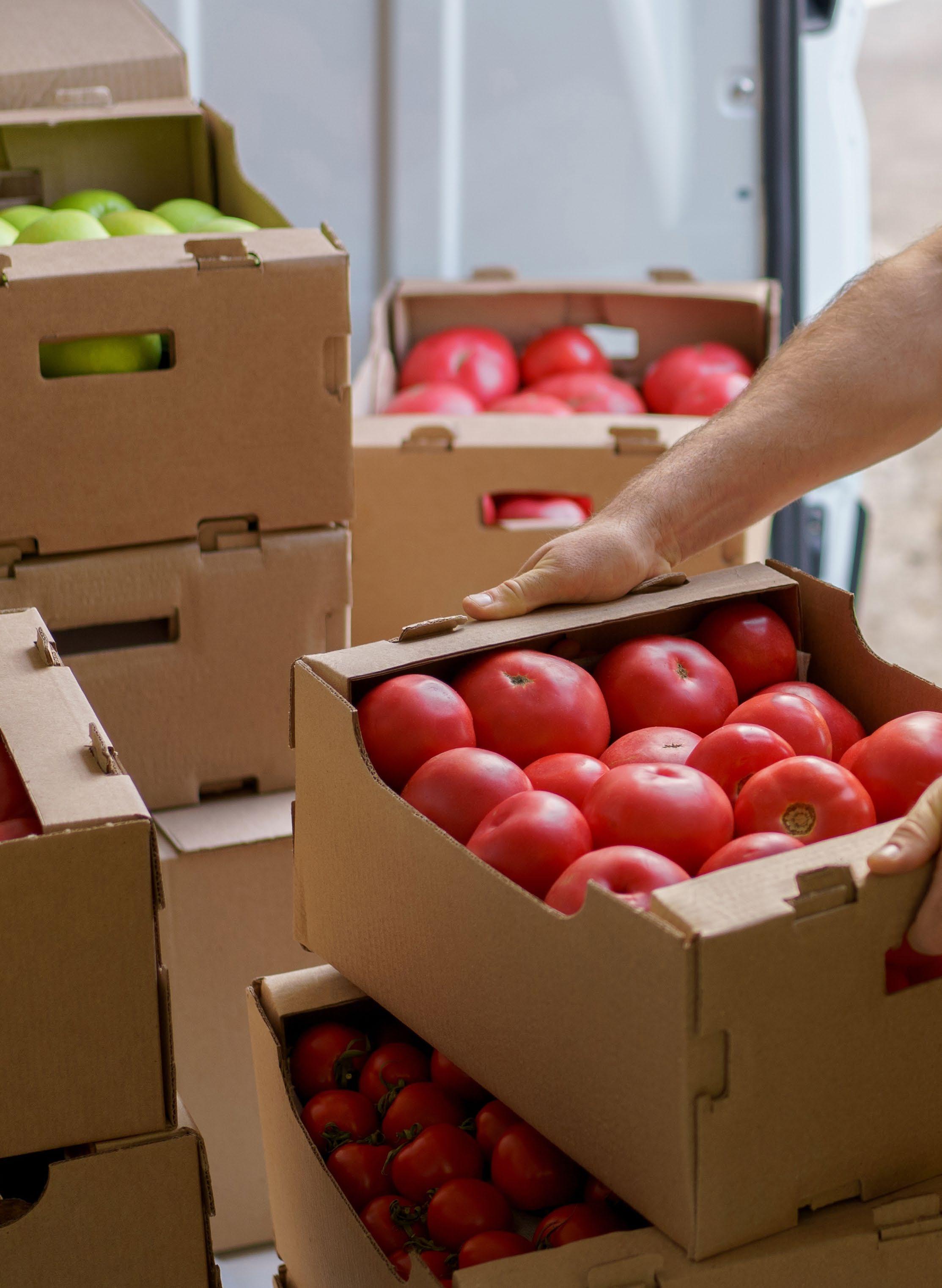
As someone responsible for food procurement, budgets and catering spend, you’re likely to be navigating increasingly ambitious ESG (Environmental, Social, and Governance) goals. These commitments are shaping everything from how food is sourced to how sustainability is communicated to your stakeholders.
Transparency in the food supply chain is central to achieving those goals.
From carbon emissions and ethical sourcing to the responsible use of antibiotics and accurate reporting, a transparent supply chain allows you to meet compliance standards, reduce risk, and demonstrate accountabilitywhile continuing to meet the dietary needs and expectations of your diners.
Specialists in sustainable food procurement, allmanhall, explain what this means for you.
Food supply chains are complex. Ingredients often pass through multiple intermediaries, and visibility into origin, handling, and environmental impact can be limited. Yet transparency is no longer a luxury - it’s a regulatory and reputational requirement.
A transparent food supply chain provides:
• Clear data on provenance and sourcing
• Evidence of ethical and sustainable practices
• Traceability for allergens, welfare standards, and certifications
• Carbon impact data for menu items and ingredients
As ESG requirements continue to evolve, so too does the need for procurement systems that can capture and report on these areas reliably.
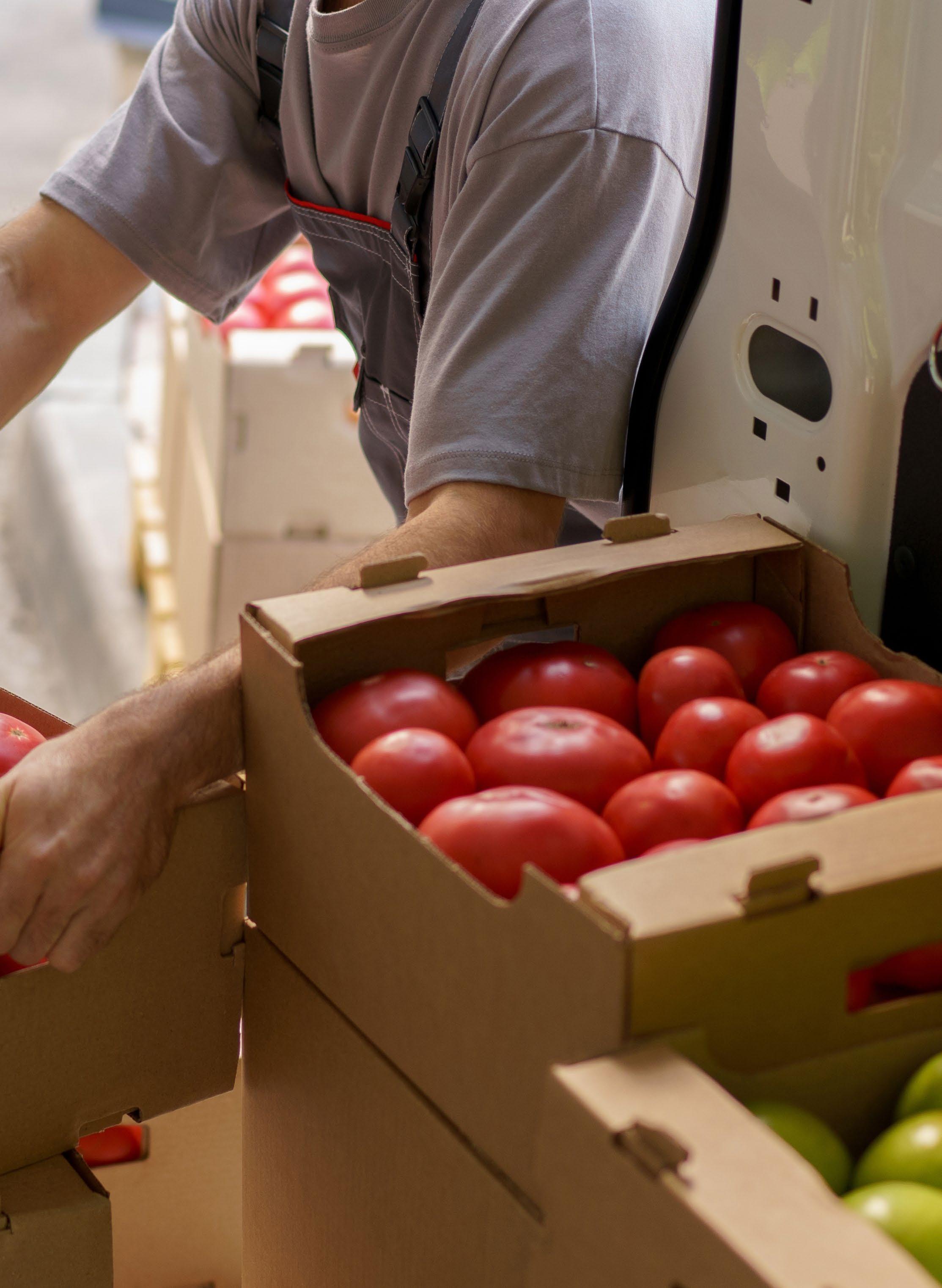
Public awareness around issues like antibiotic resistance and animal welfare continues to grow. Ensuring food safety and ethical sourcing is not only a regulatory concern but a matter of public trust.
In the UK, the routine use of antibiotics in livestock feed has been banned since 2006. Today, antibiotics may still be used, but only under strict veterinary supervision, and only when medically necessary. Withdrawal periods are enforced to ensure no traces remain before the animal enters the food chain.
New legislation in May 2024 banned the routine use of antibiotics in farming for growth promotion or to compensate for poor animal welfare and hygiene. This approach is supported by organisations such as the Responsible Use of Medicines in Agriculture Alliance (RUMA) and is one of many areas where standards like Red Tractor certification can provide assurance.
Red Tractor requires regular audits, documented medicine use, and compliance with animal welfare and food safety standards – giving caterers added reassurance about your food supply chain.
allmanhall explored the issue of welfare in a recent blog about the egg industry, which is moving towards higher welfare barn-reared and free range egg production, albeit slower than originally planned due to the impact of avian influenza.
For your organisation, using accredited suppliers and recognised certifications ensures your sourcing decisions align with ESG expectations, while safeguarding all your diners.
Reducing environmental impact is a core component of ESG. One of the most effective ways to address this within your food supply chain is by measuring the carbon footprint of ingredients and menus.
At allmanhall, this is achieved through a partnership with Foodsteps, a platform that:
• Measures and communicates the environmental impact of dishes
• Provides visual carbon labelling to engage staff and diners
• Supports informed decision-making in menu planning
This allows you to monitor progress, reduce emissions, and report performance in alignment with broader netzero or sustainability goals.

If you’re managing catering operations across multiple sites or suppliers, data visibility becomes critical. Transparent systems provide not just information, but the insights needed to make accountable decisions.
Working with allmanhall offers access to:
• Real-time sustainability dashboards showing supplier data and spend
• Menu costing and allergen tracking tools
• EDI systems to streamline invoicing and audit trails:
- An industry-leading catering controls platform facilitates central billing, giving you the option for online ordering as well as other benefits including menu planning, access to allergen and ingredient information, digital stocktaking, complete visibility of invoices and credit notes – all helping to improve transparency for your catering team.
- The Pass provides a central hub of invaluable resources, tailored reports, industry insights, and the latest allergen and regulatory updates - all designed to support and inform every allmanhall client. With a single, secure login, you gain instant access to everything you need in one convenient place - saving time, improving awareness, and empowering better decision-making.
This infrastructure enables consistent procurement practices, risk mitigation, and efficient ESG reportingparticularly important when your care group is accountable to regulators, shareholders, or external auditors.

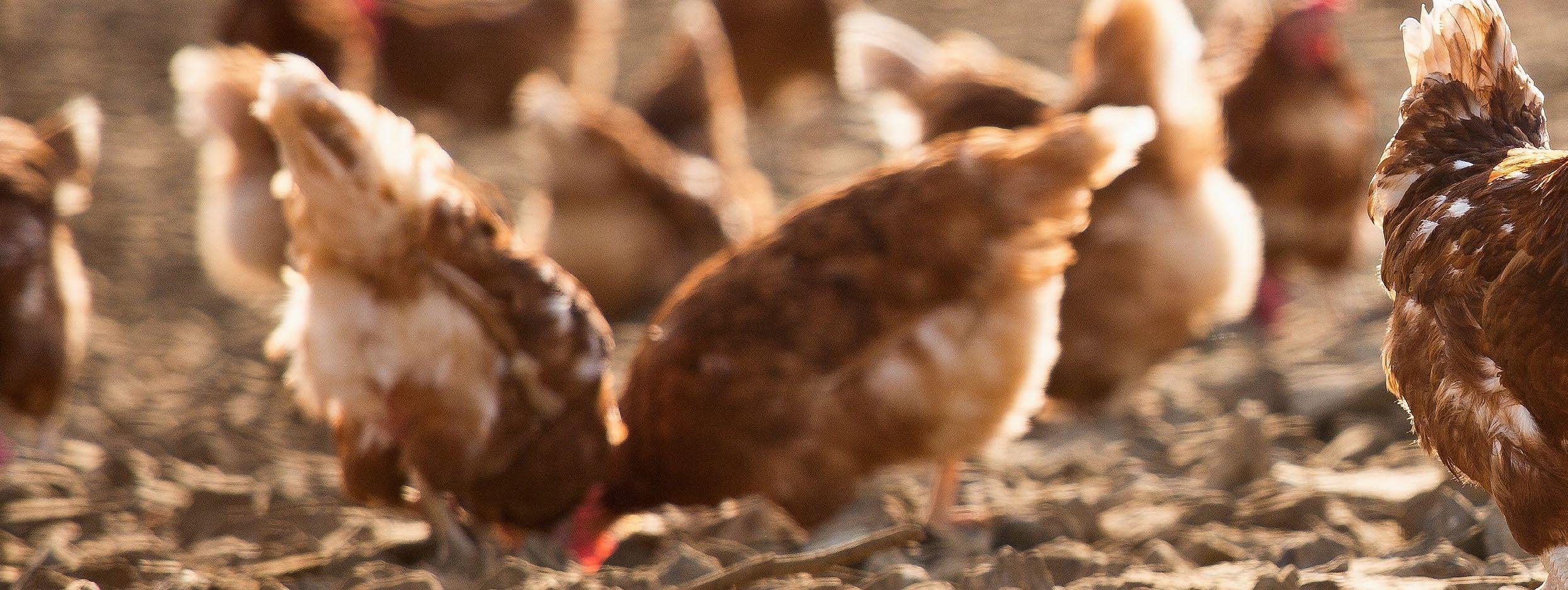

It’s understandable to be cautious about costs when implementing new systems or sourcing standards. However, responsible procurement and sustainability don’t need to come at the expense of operational efficiency.
In fact, by consolidating purchasing and improving forecasting, many organisations experience measurable savings. Clients working with allmanhall typically report:
• Improved cost control and reduced waste
• More consistent supplier management
• Greater administrative efficiency
• Enhanced compliance with sustainability criteria
This alignment of financial responsibility and ESG progress is what makes a transparent food supply chain not only viable but strategically beneficial.
A transparent food supply chain is achievable - and necessary
Meeting your ESG goals isn’t a one-time project - it’s an ongoing responsibility. With the right systems and support, you can ensure that your food procurement practices:
• Align with regulatory and ethical standards
• Provide traceability and confidence for your stakeholders
• Contribute meaningfully to environmental targets
• Support operational efficiency and long-term value
Transparent food supply chains make all this possible. With the expertise and tools offered by allmanhall, you can move forward with clarity, confidence, and measurable impact.

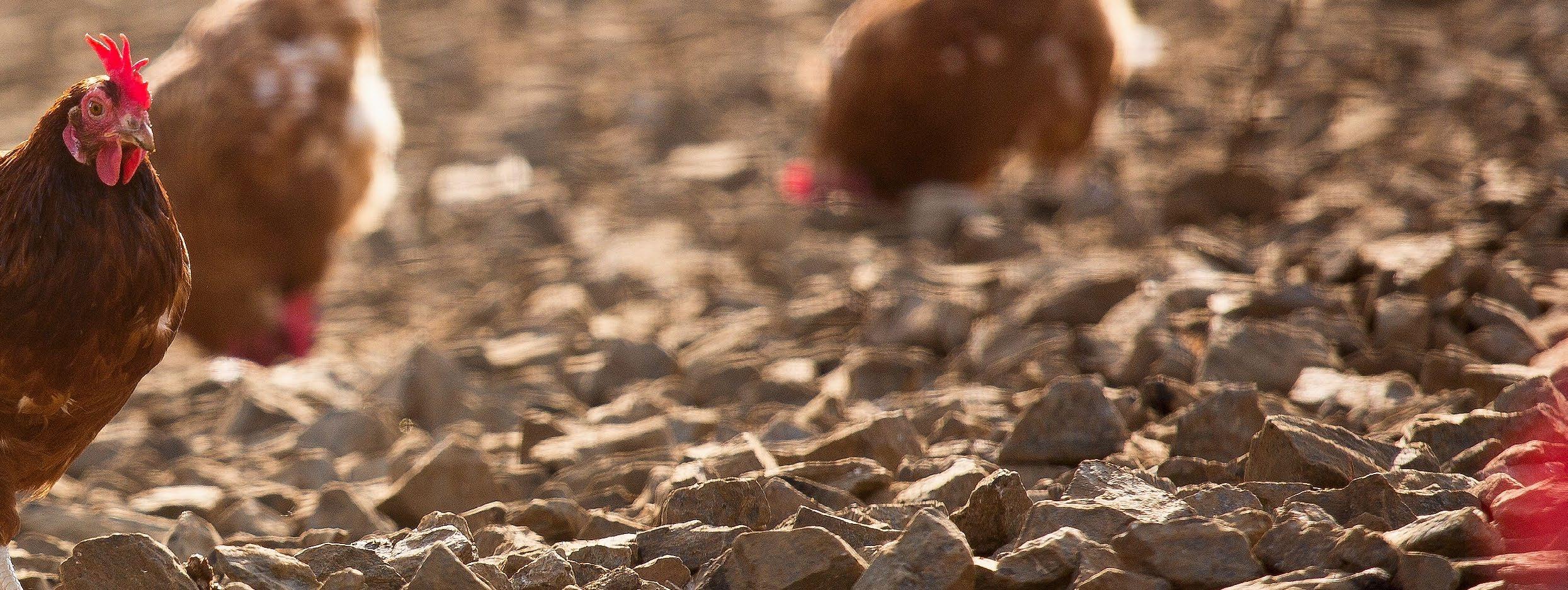



As part of allmanhall’s commitment to ensuring that good food shouldn’t cost the Earth, we continue to prioritise sustainability and ethical practices through annual ESG (Environmental, Social, and Governance) audits conducted by EcoVadis.
EcoVadis is a globally recognised environmental reporting and compliance platform, that helps businesses evaluate and manage their impact across key areas such as the environment, human rights, labour standards, and sustainable procurement.
With over 130,000 companies from over 180 countries audited, EcoVadis sets a high standard for corporate responsibility and transparency. In 2023, allmanhall proudly earned a Gold-level EcoVadis certification, ranking in the top 6% of global businesses with a score of 70. In 2024 this rating was improved to a ranking in the top 5% of global businesses.

This achievement reflects our dedication to continuous improvement and proactive efforts to embed sustainability into every aspect of our operations.




Building on that success, we have strengthened our internal social and environmental management systems.
Key actions such as our communication of progress with the United Nations Global Compact, enhancing carbon disclosure in line with the Science Based Targets Initiative (SBTI), and refining our supplier engagement process have played a critical role in driving performance and boosting our EcoVadis score.
In 2025, we are thrilled to announce that allmanhall has achieved a new milestone, not only maintaining our gold certification but also increasing our EcoVadis score to an impressive 79 - placing us in the top 2% of businesses globally.
This achievement reflects our ongoing commitment to sustainability and our proactive approach to managing risks and opportunities across our value chain. allmanhall are committed to leveraging our leadership position and collaboration ability with partners, to continue drive holistic improvements across our value chain.
Our goal is clear: to continue to lead by example, build transparency, and help shape a future where sustainable practices are the norm, not the exception.
Click here to learn more about our vision for a sustainable future.
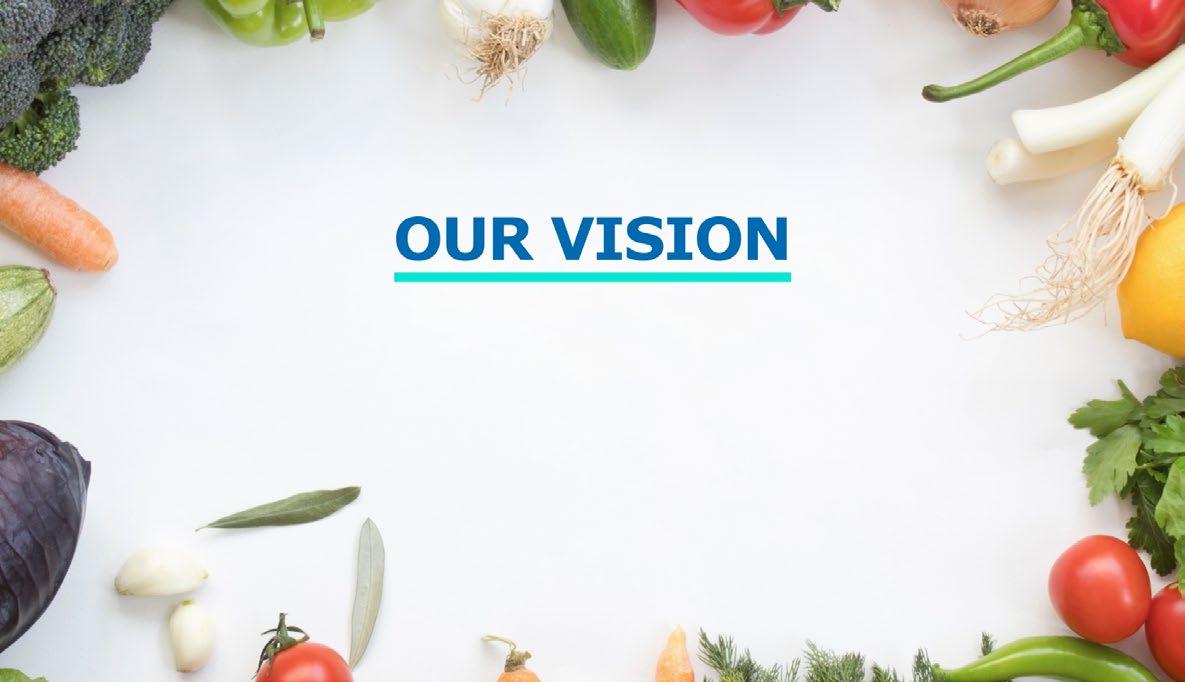


allmanhall’s Rachael Venditti recently spent a day cooking up a storm with Juliana Martins, Head Chef at The Chase, Huntingdon, one of award-winning Connaught Care’s luxury care homes.
Juliana is spearheading a project to create a unique cookbook filled with the favourite family recipes of its residents to rekindle memories and become a legacy for future generations.
As part of the project, Juliana invited Rachael, as the South West NACC Regional Chair, to share a treasured family recipe which will be included in the cookbook.
Rachael chose to recreate her Nanna Jessie’s slow-cooked beef and lentil pie. She explained that “My Nanna, Jessie Masidlover, used to make this dish and it was a real favourite. She was an extremely good cook, and she had a way of making even the simplest things utterly delicious.
Money was tight so using a cheaper cut of meat like beef shin, and 50% lentils, kept the cost of this dish down. We now understand that as well as reducing cost, this approach is better for the planet.”
The recipes gathered are not just for the cookbook - they are being incorporated into the care home’s menus. This personalised touch ensures that residents feel more at home and comfortable.
Here’s Rachael’s Nanna Jessie’s delicious and nostalgic, blended recipe…



Ingredients
Stew filling
500g of diced beef
500g lentils
3 tablespoons seasoned plain flour
2 tablespoons sunflower oil
2 large onions roughly chopped
3 cloves garlic
600ml stock of your choice
200g mushrooms
4 large carrots chopped into large chunks
2 potatoes chopped into large chunks
½ swede chopped into large chunks
3 tablespoons of tomato puree
2 bay leaves
Pastry
650g plain flour
250g of cold butter, diced
Pinch of salt
200ml cold water
1 egg yolk

1. If possible, make the stew a day before you prepare the pie.
2. Coat the beef in the seasoned flour (use plenty of freshly ground black pepper).
3. Heat the oil in a pan and brown the beef until it is caramelised – do in batches. Put the beef to one side.
4. Add the onions and cook until they start to caramelise. Add the vegetables and cook for 5 minutes. Add the garlic and cook for 2 minutes.
5. Return beef to the pan, mix and add the stock, lentils, tomato puree & bay leaves.
6. Cover and reduce the heat so the stew simmers gently. Season to taste.
7. Cook for at least 5 hours – the meat should fall apart.
8. Once cooked, leave to cool and then transfer to a large bowl.
9. Use a potato masher or a stick blender so that the stew is thoroughly mixed and the meat and vegetables are in very small pieces.
1. Sift the flour into a large bowl or food processor. Add the diced butter and rub in with your fingertips or pulse until the mix is like fine breadcrumbs.
2. Add the salt and mix.
3. Add the cold water to make a soft dough.
4. Bring together and wrap in clingfilm, then refrigerate for at least 20 minutes.
1. Heat oven to 220C/220C fan/gas 7. Heavily grease a 24-28cm pie dish and dust with flour.
2. Cut a third off the pastry and set aside. Roll the remaining pastry to line the pie dish with an overhang. Add the stew mix.
3. Roll out the remaining pastry to cover the dish. Brush the edges of the pastry in the dish with the beaten egg yolk. Cover with the pastry lid, trim the edges and crimp.
4. Brush the top heavily with egg and make a few slits in the centre of the pie.
5. Bake for 30 minutes until golden.
6. Leave to rest for 10 minutes, then serve with buttery mash and green vegetables.
Portions: 10 slices
Prep time: 10 mins
Cook time: 25 mins
Total time: 35 mins
Ingredients:
• 250g unsalted butter
• 250g caster sugar
• 4 large fresh eggs
• 150g fine cornmeal
• 200g self-raising flour
• 1 orange, zested and juiced
• 180g cranberries
• 0.5g ground cinnamon
• 1 vanilla pod
Method:
1. Cream the butter and sugar together, then add the eggs and beat together.
2. Fold through the polenta and flour, then add the zest and juice of the orange.
3. Add the cranberries, cinnamon and vanilla seeds.
4. Place the mixture into 2 lined bread tins and bake for 25-30 minutes until golden brown and cooked.
This recipe was provided by Bidfood. They have over 1,000 recipes available on their website:
https://www.bidfood.co.uk/inspiration/recipes/



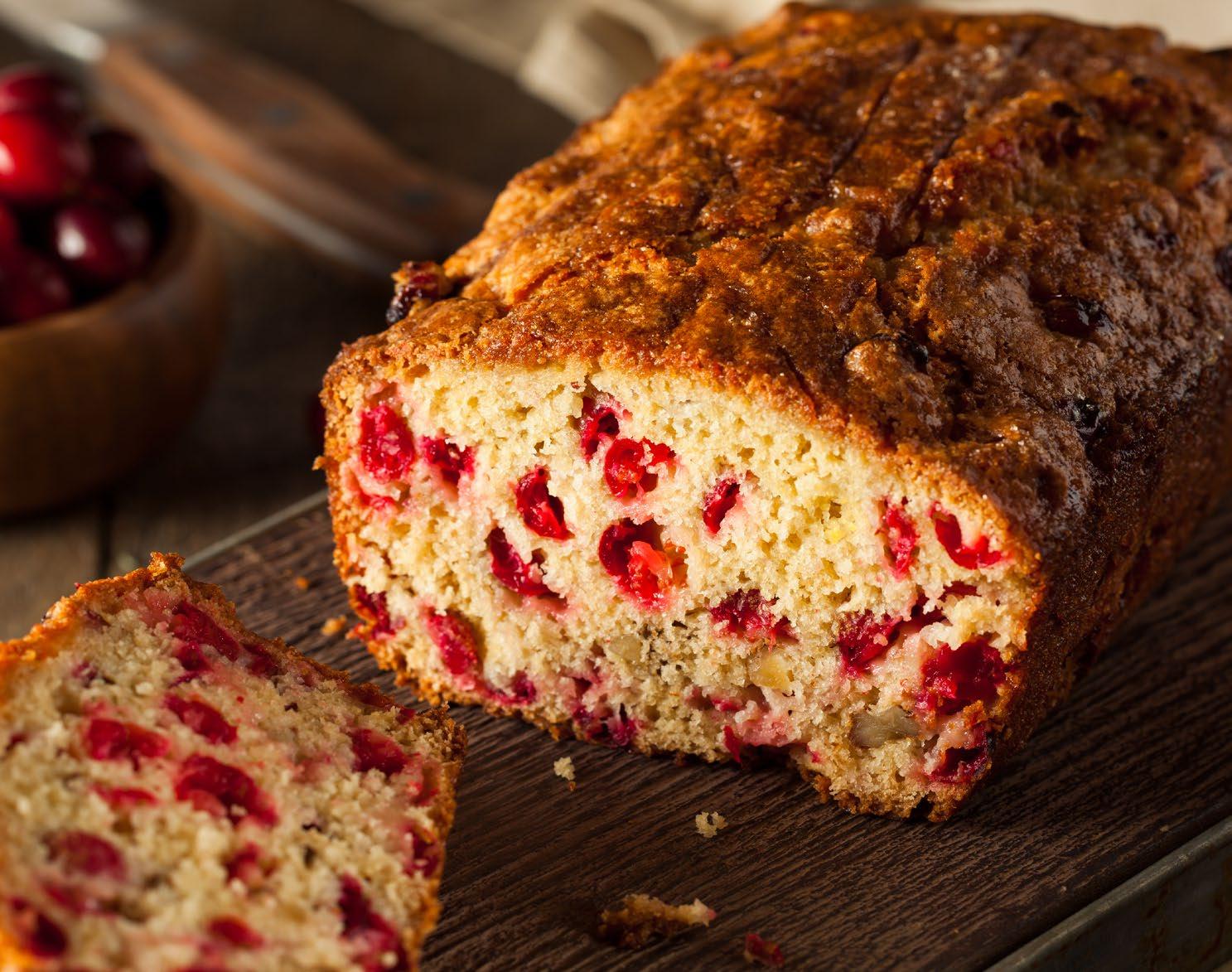
It’s beginning to look a lot like Christmas…
Bidfood’s 2025 Festive Range is here and it’s bursting with inspiration, indulgence, and innovation! From traditional showstoppers to on-trend seasonal treats, the new Christmas Catalogue is your go-to guide for planning a memorable and mouth-watering festive offering.
Explore what’s in store this festive season and start planning!







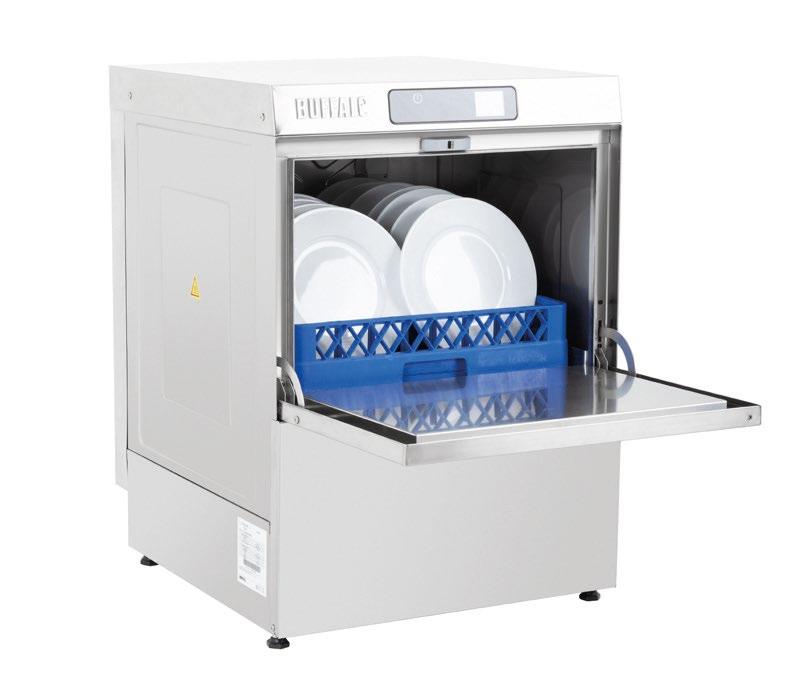









Fast, precise prep is vital. Buffalo food prep machines do just that – effective mixing, slicing and storage solutions for demanding kitchens.




